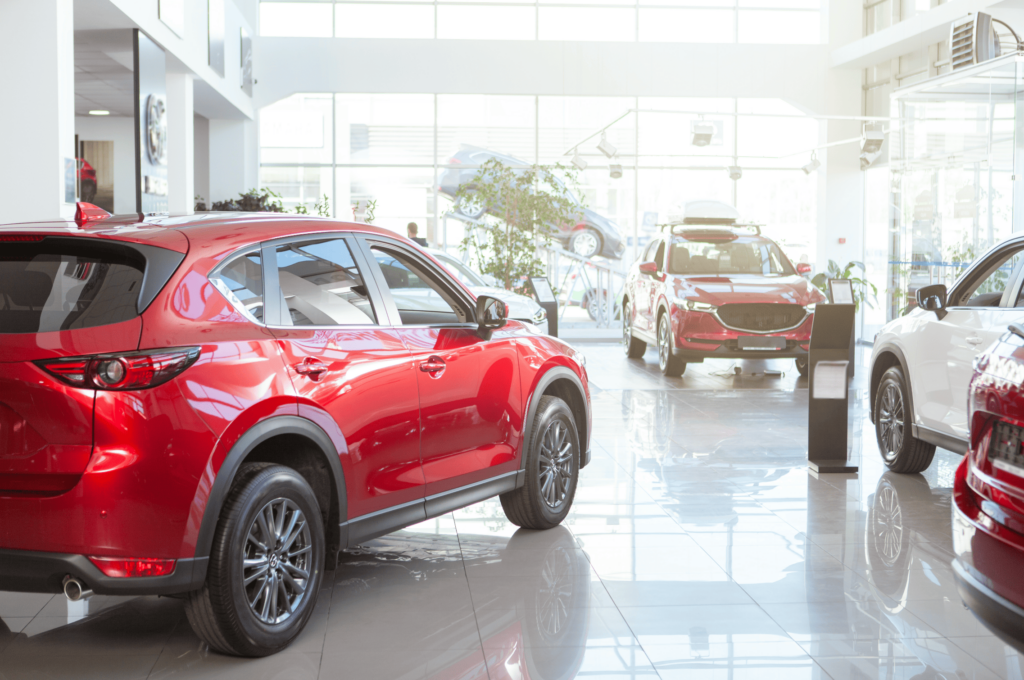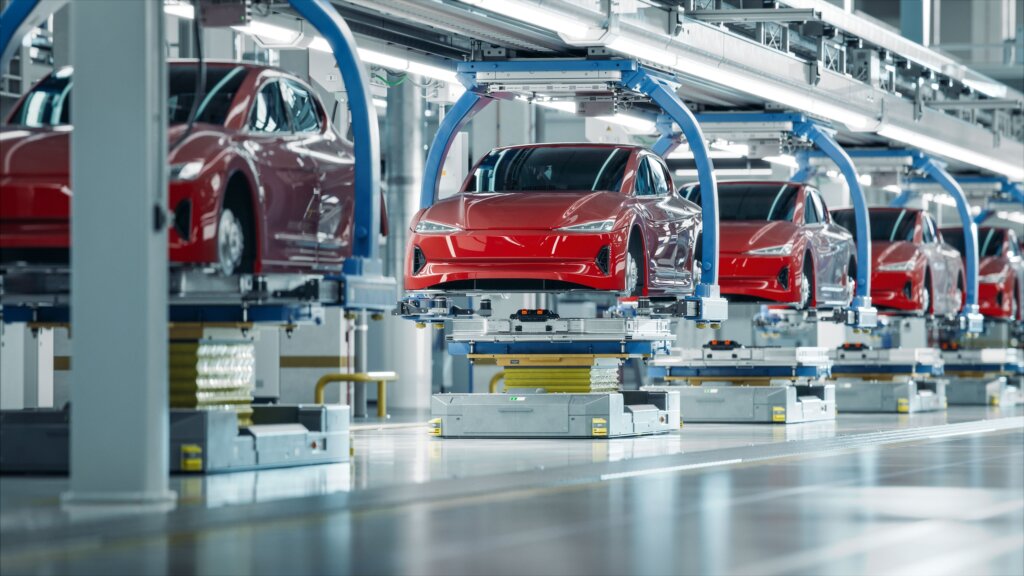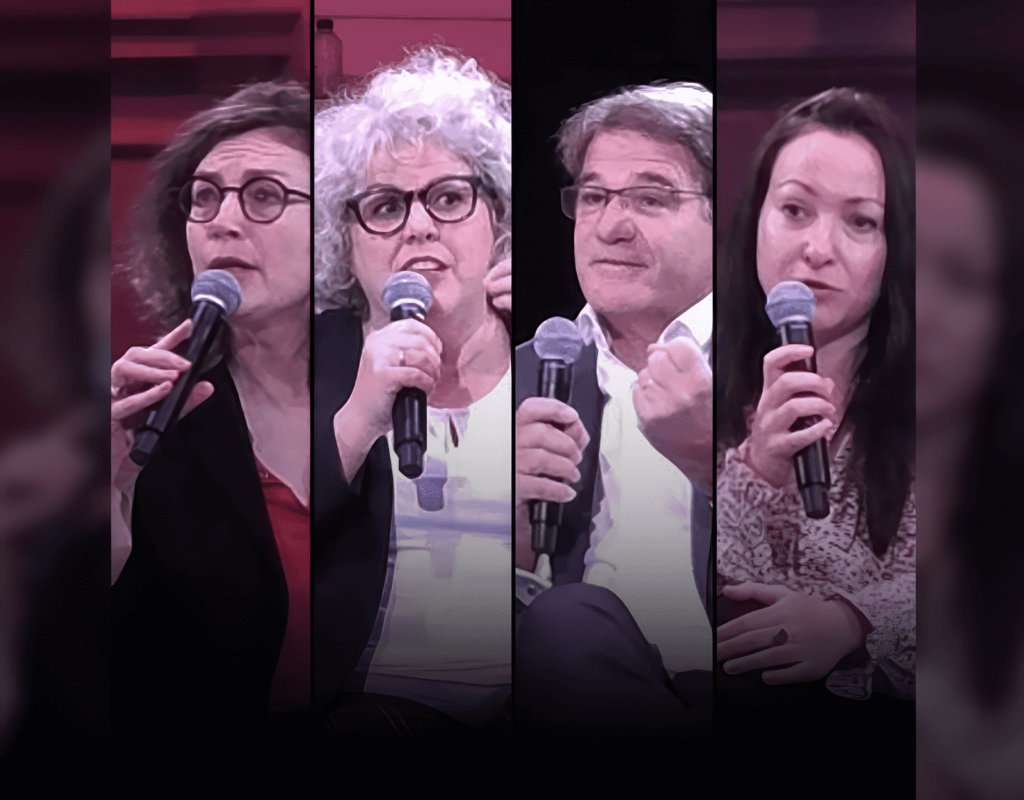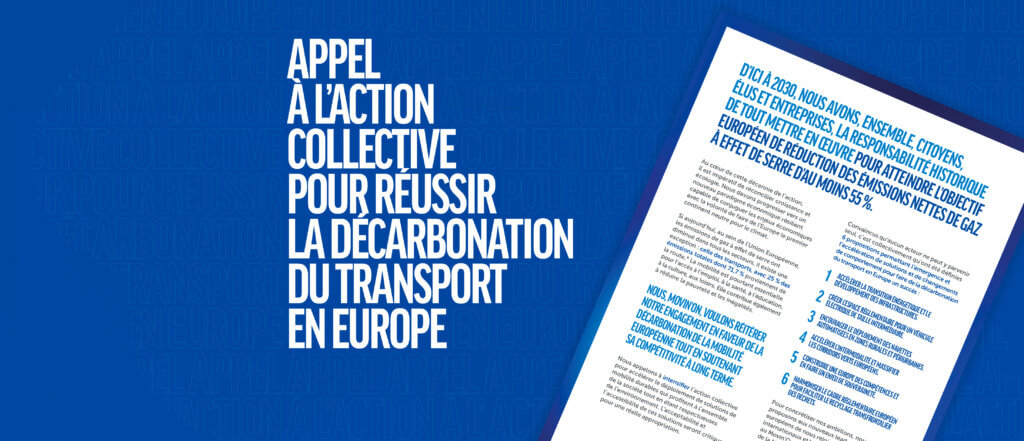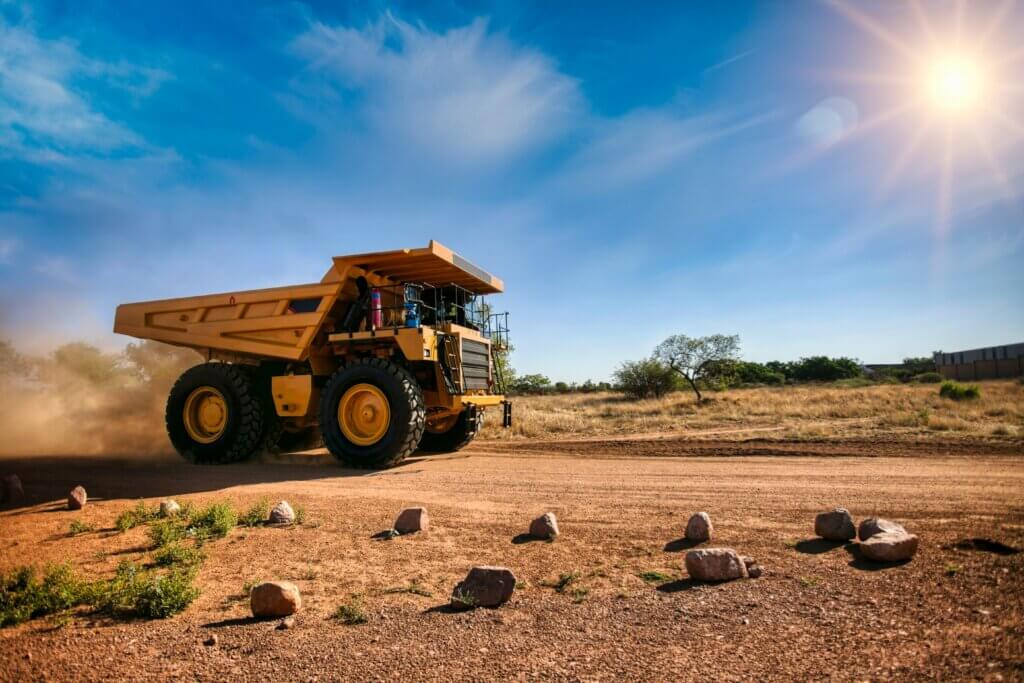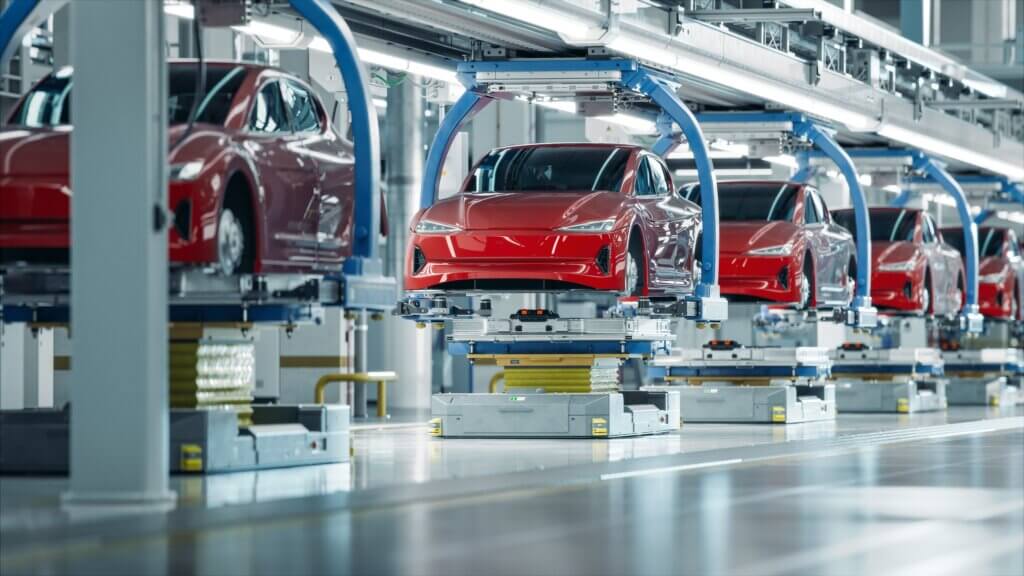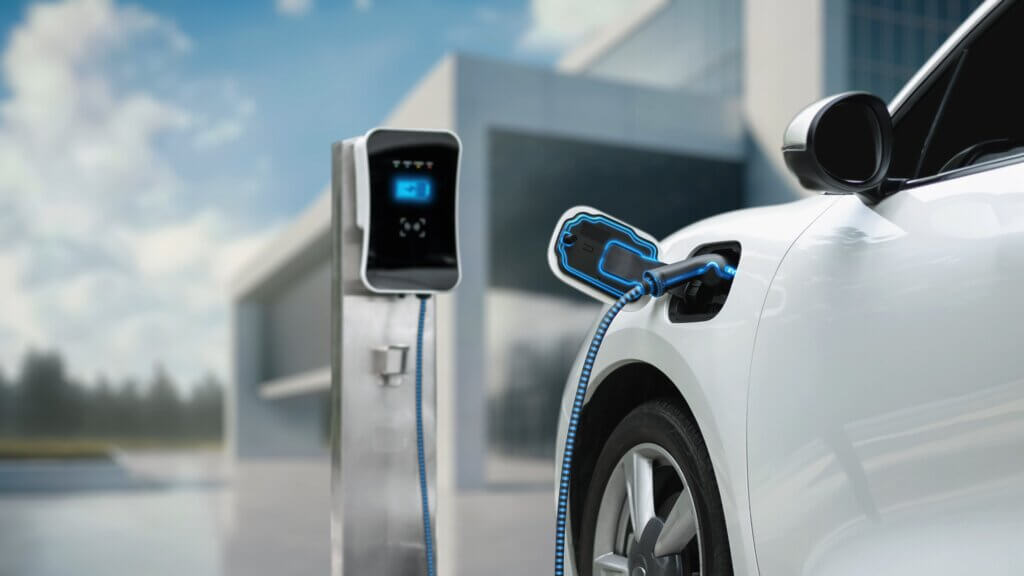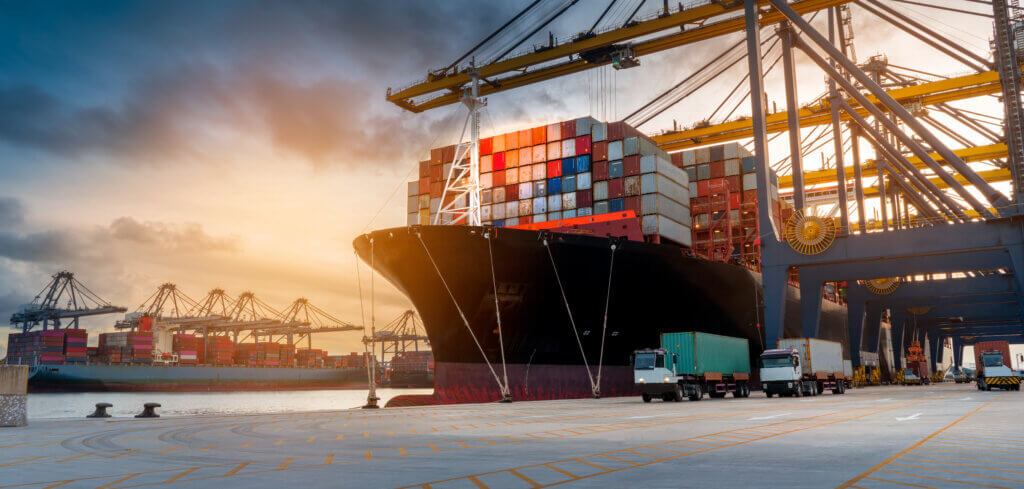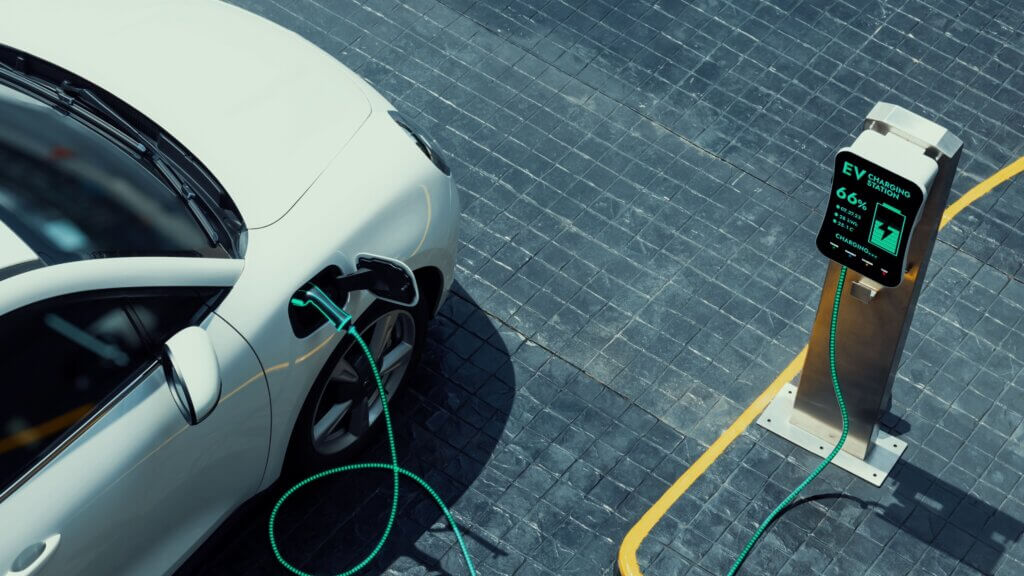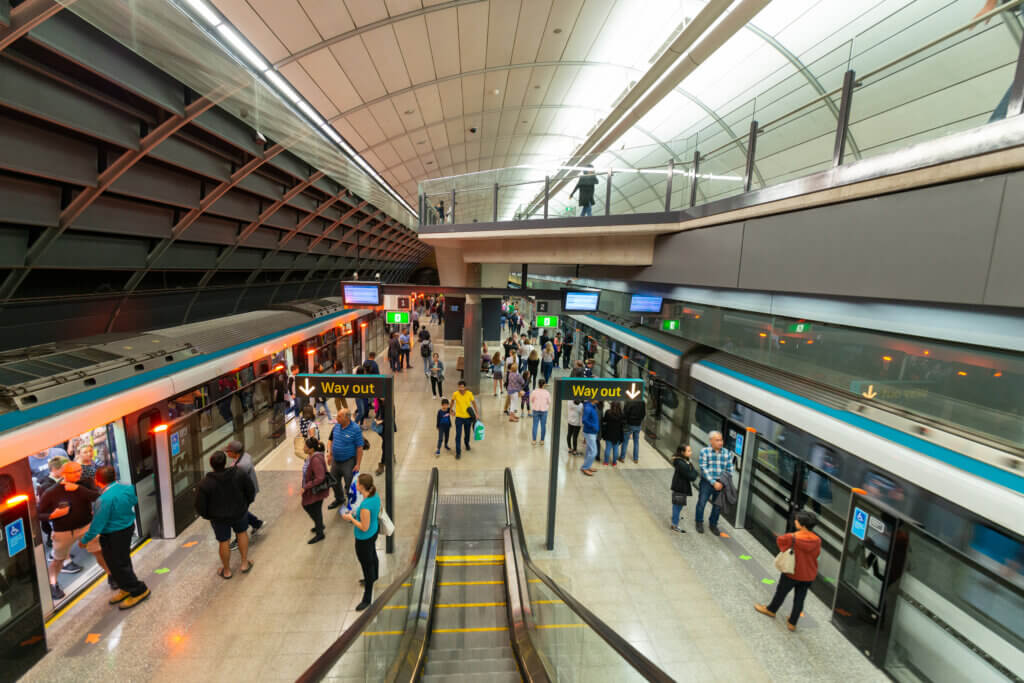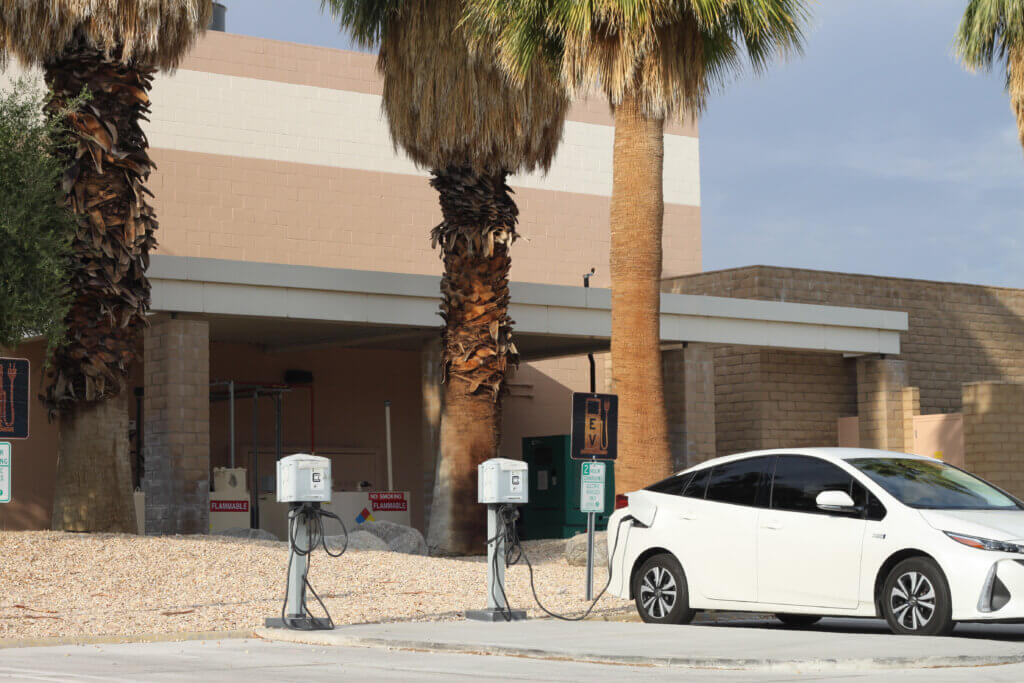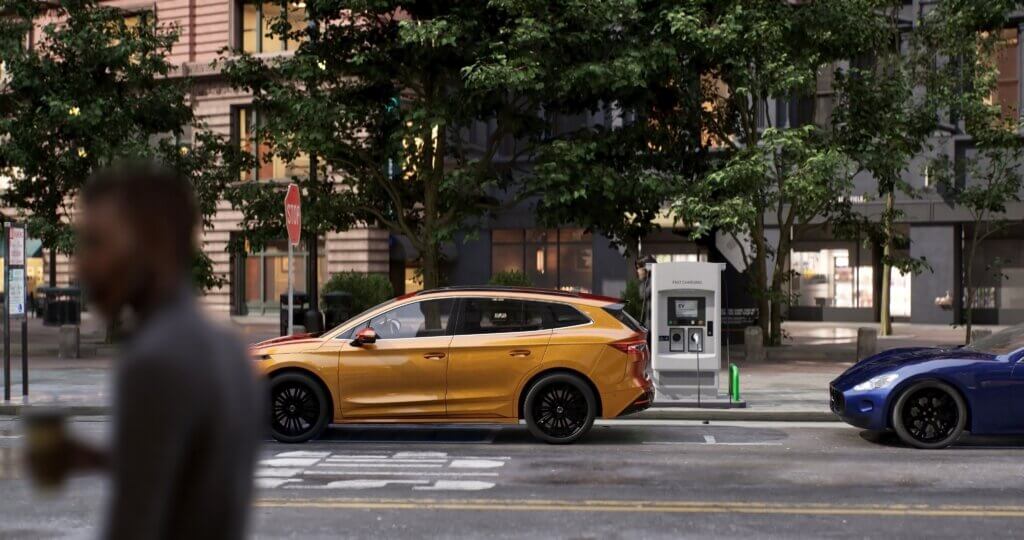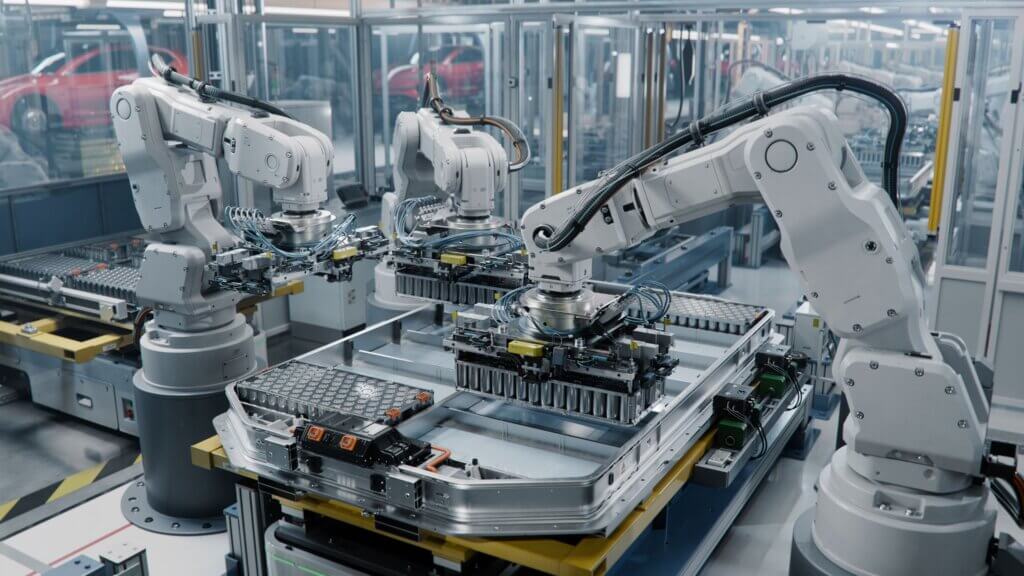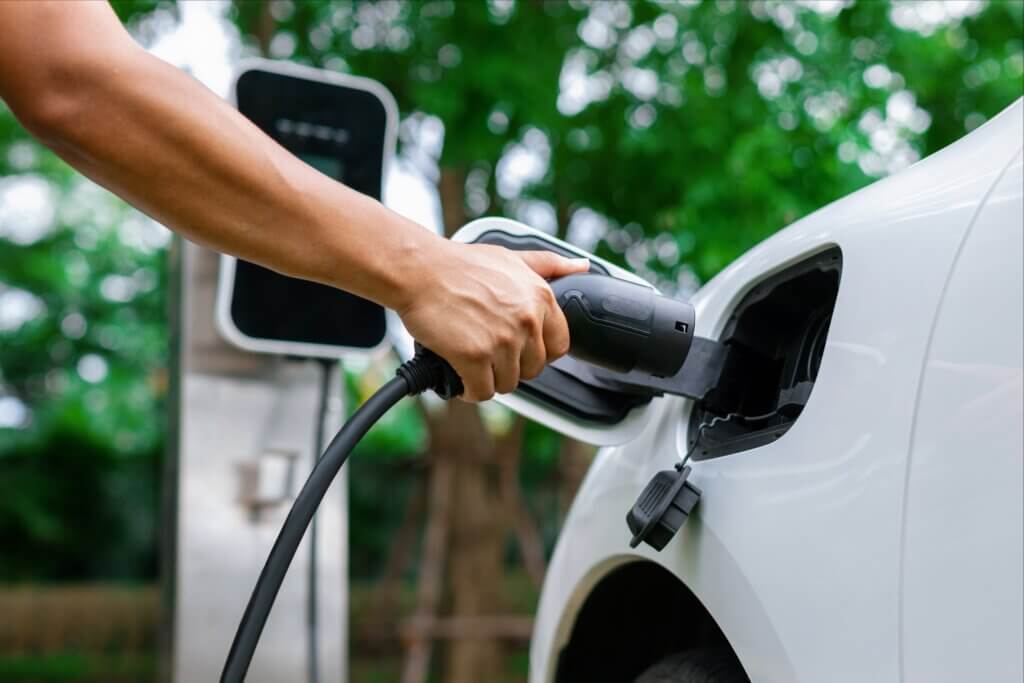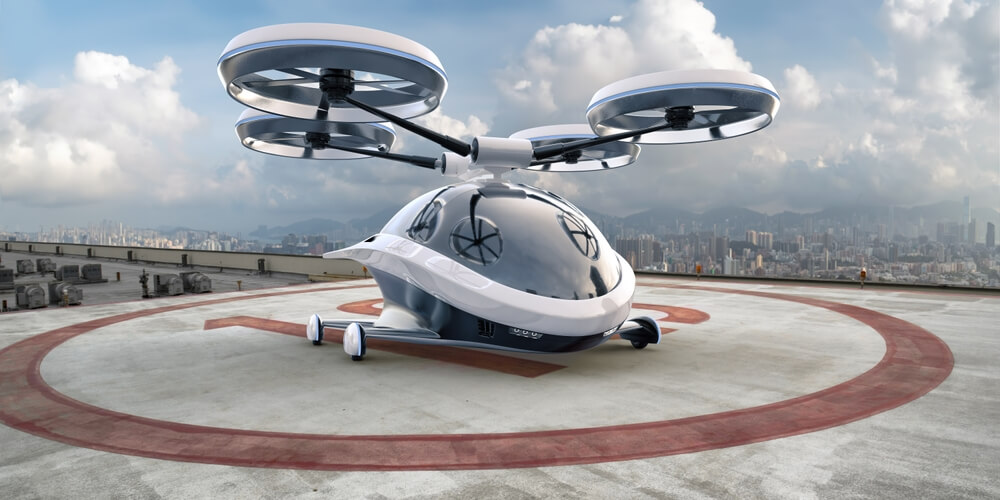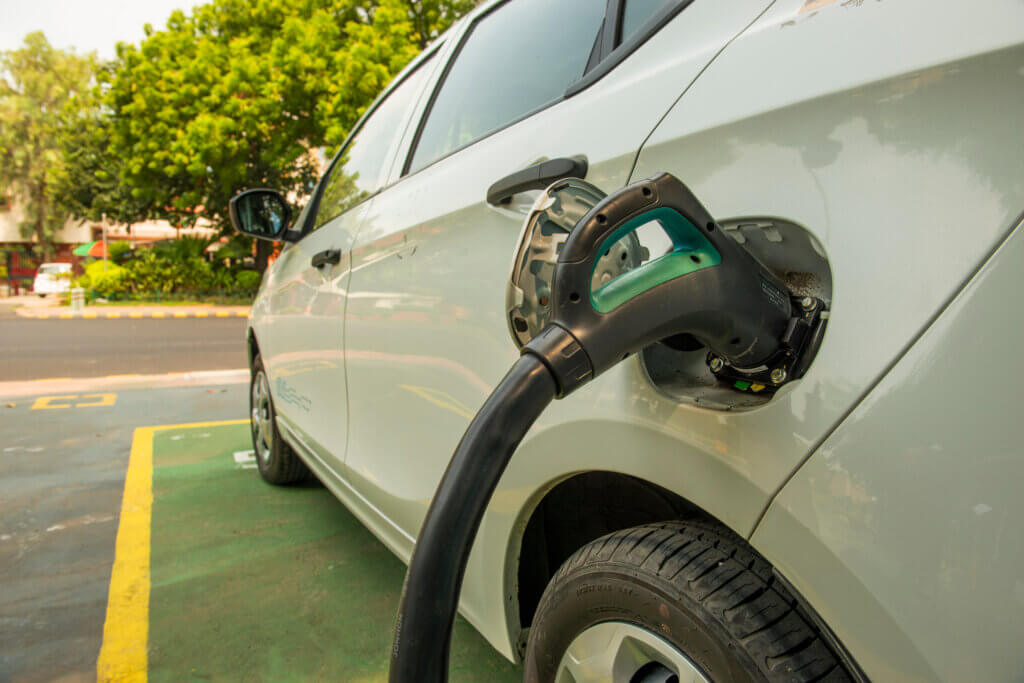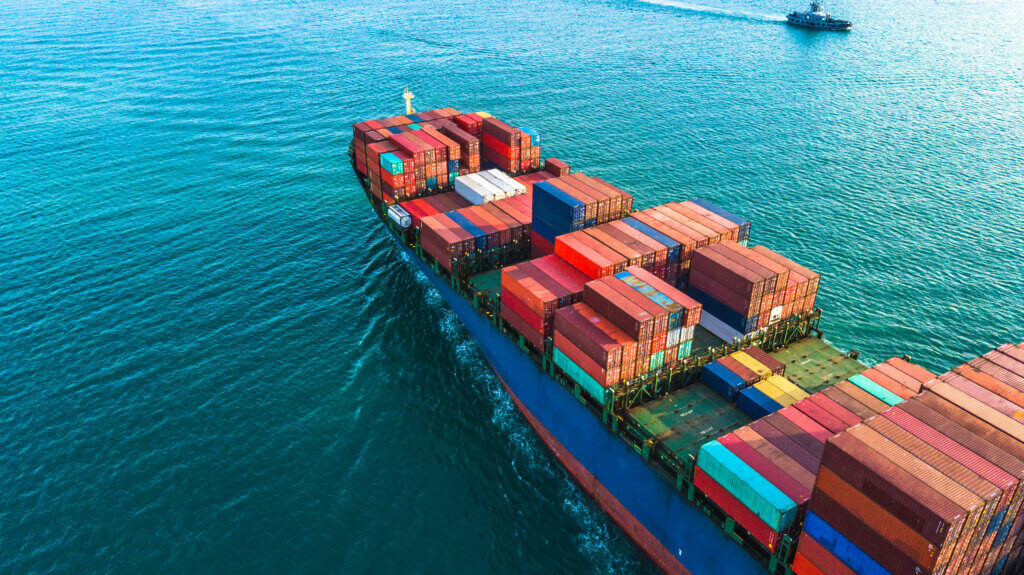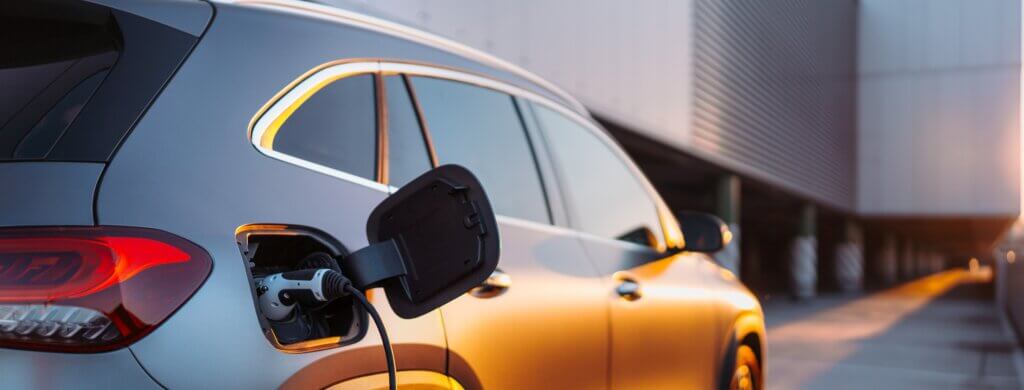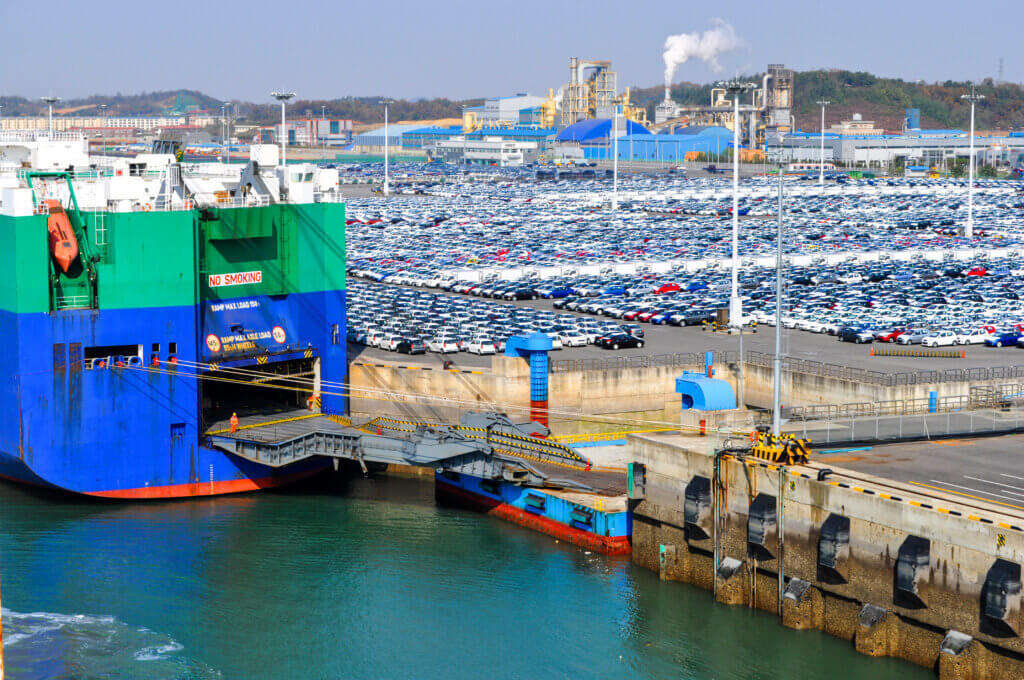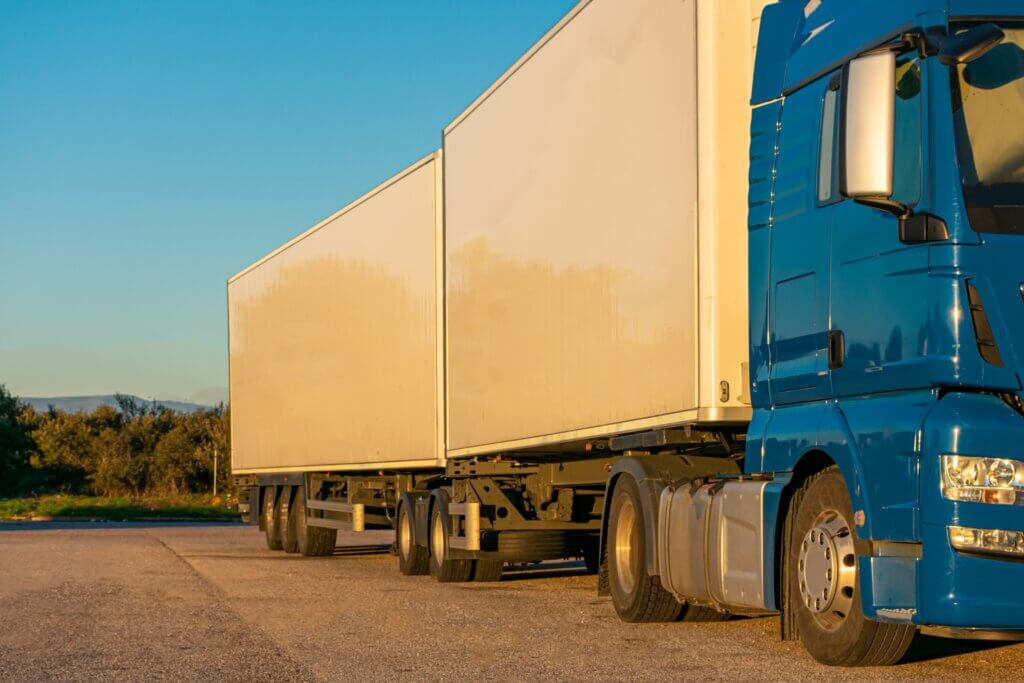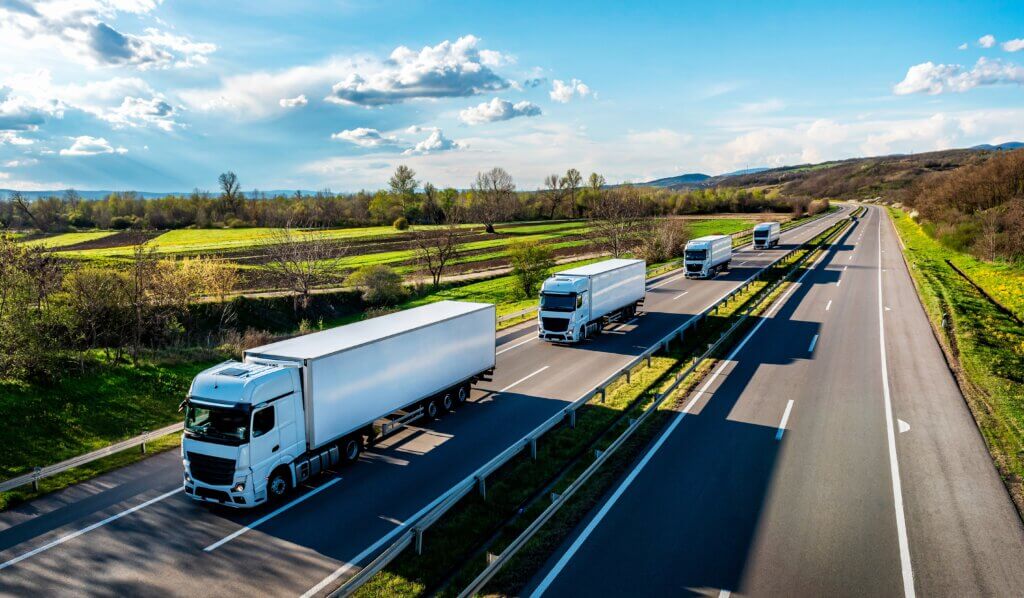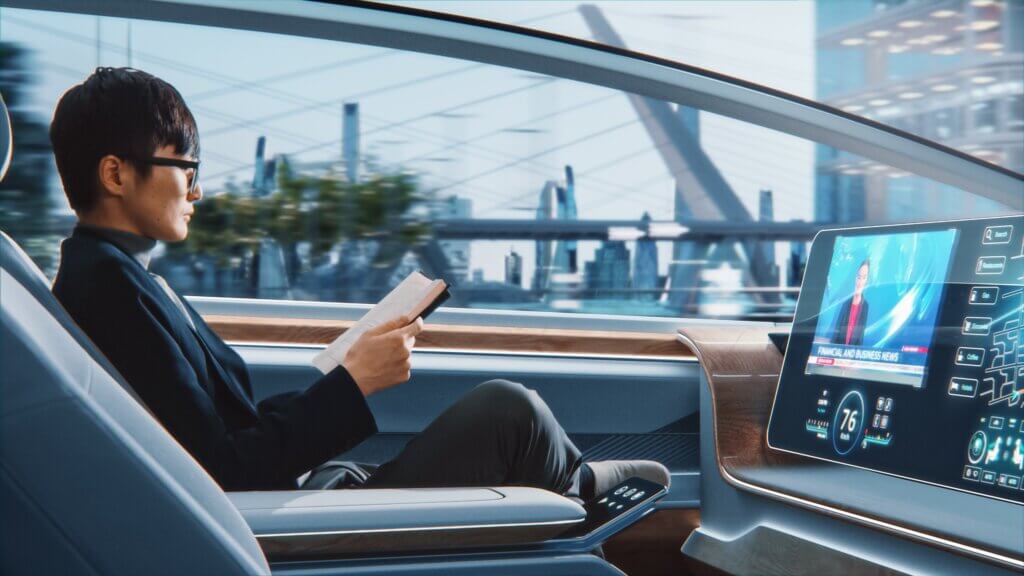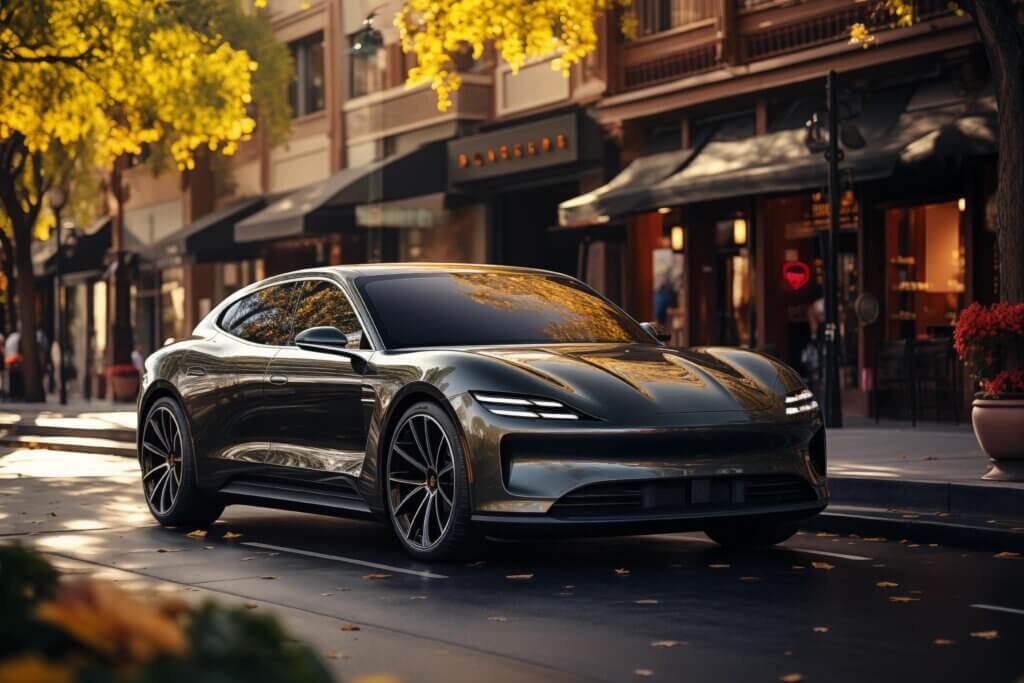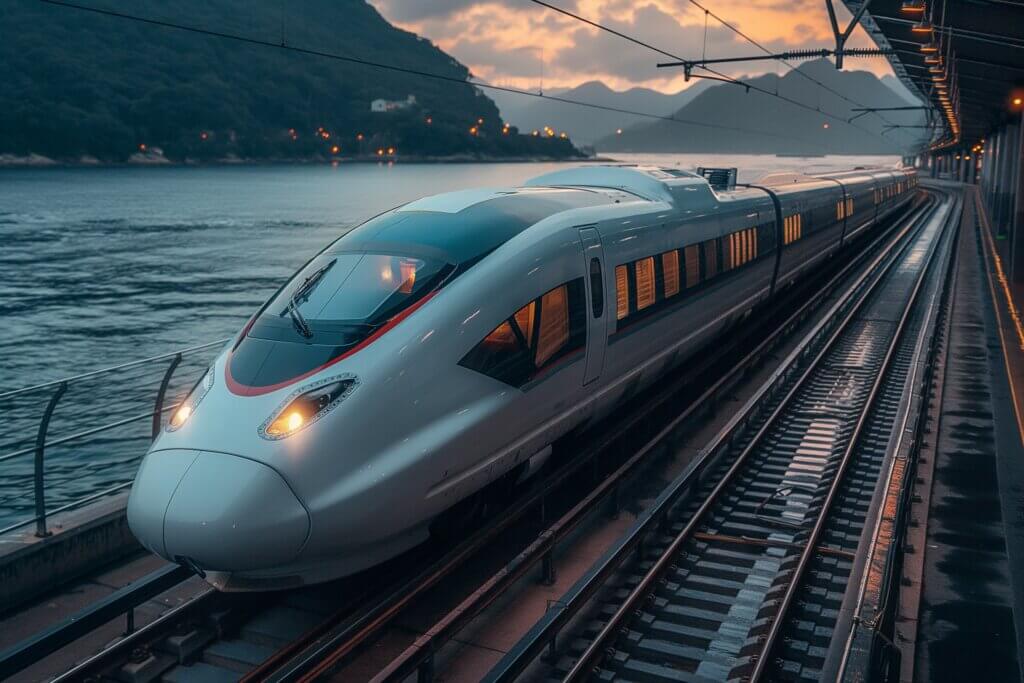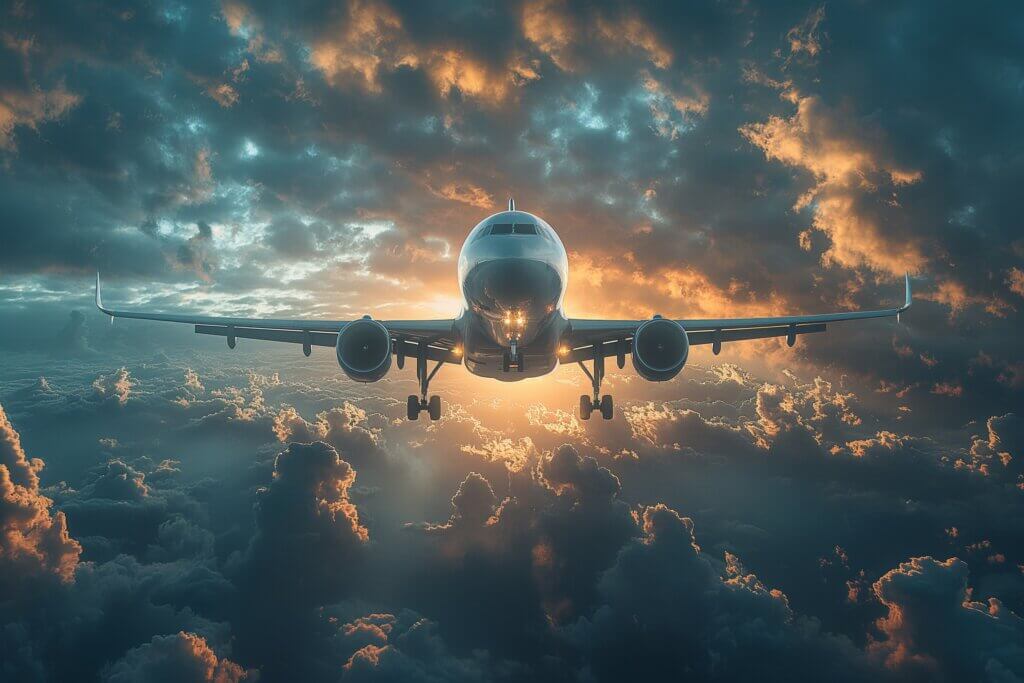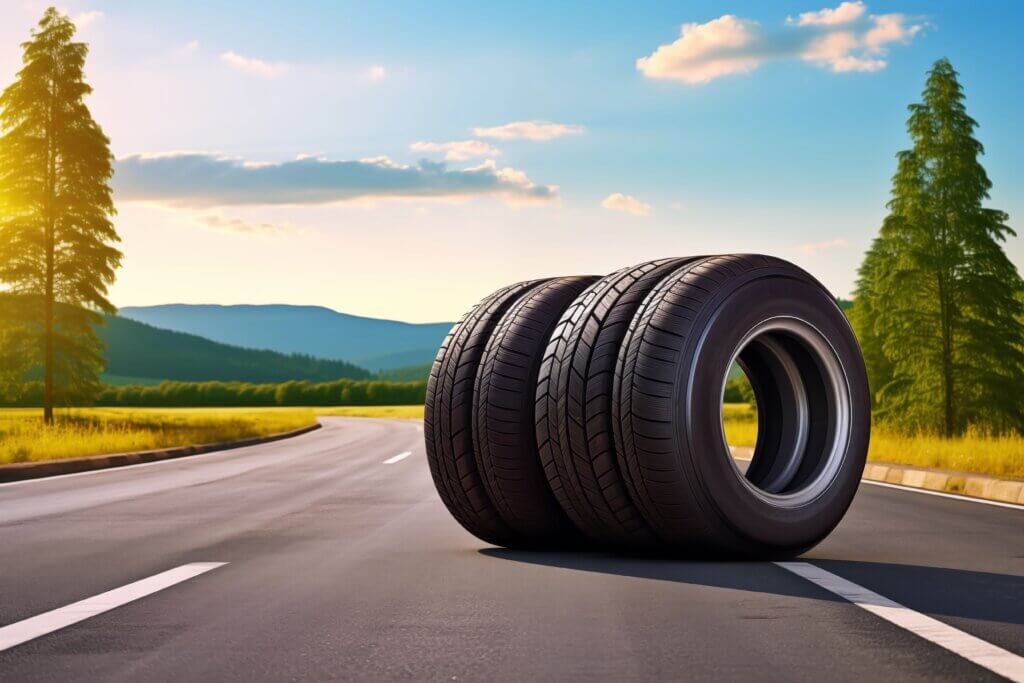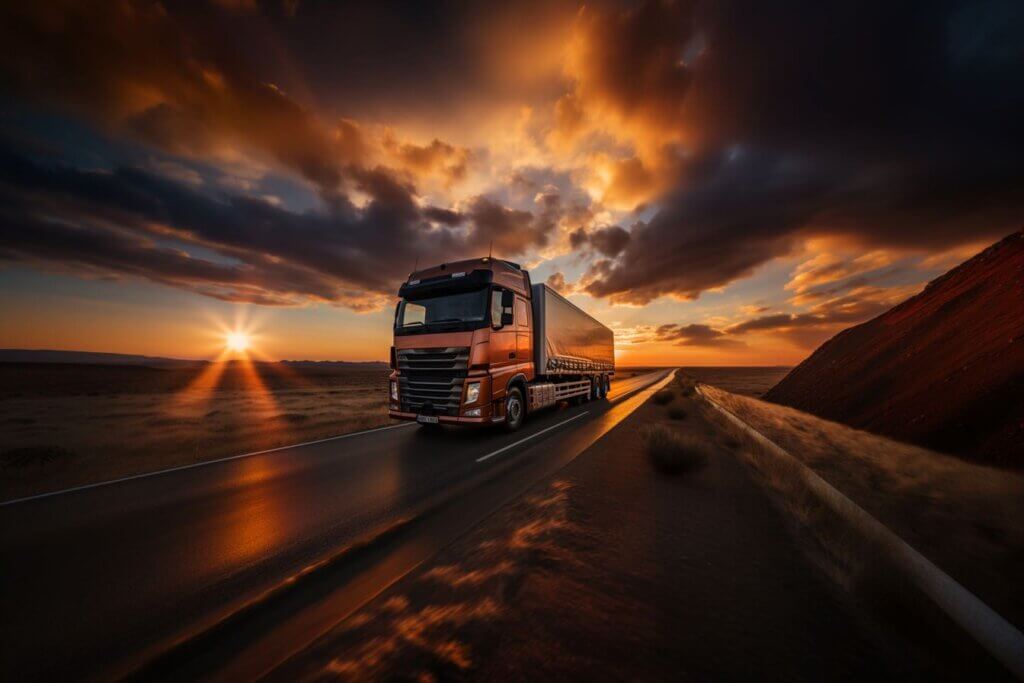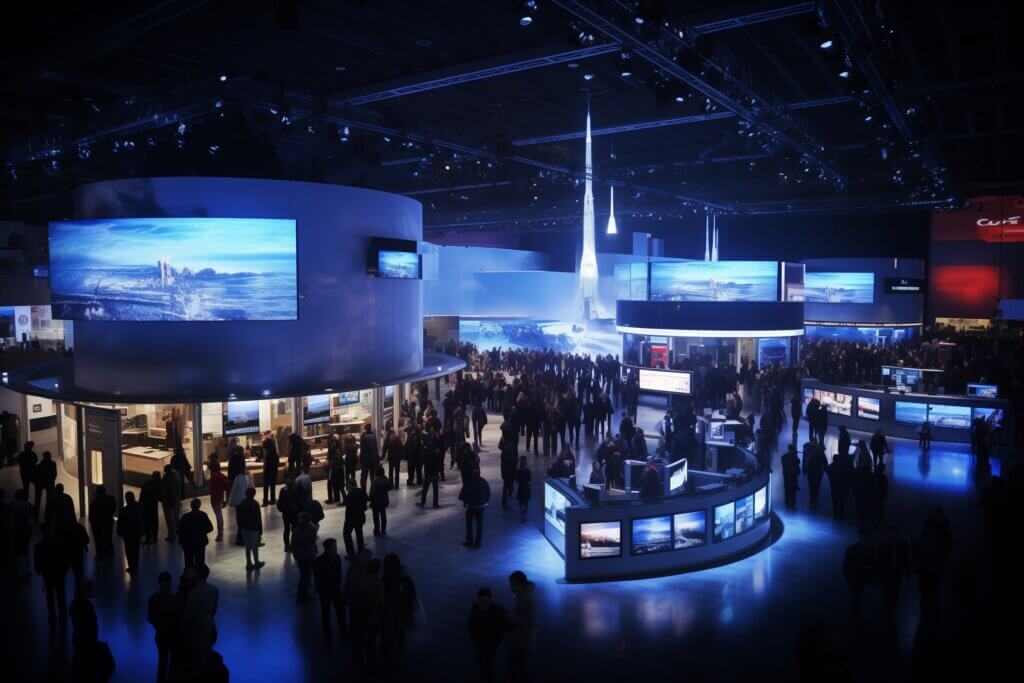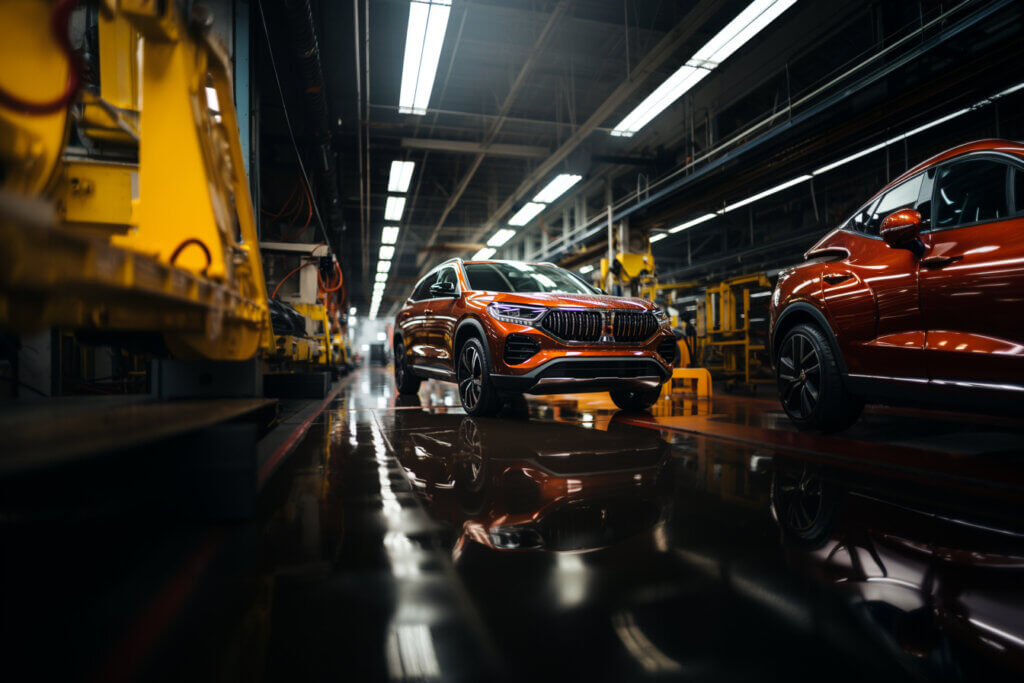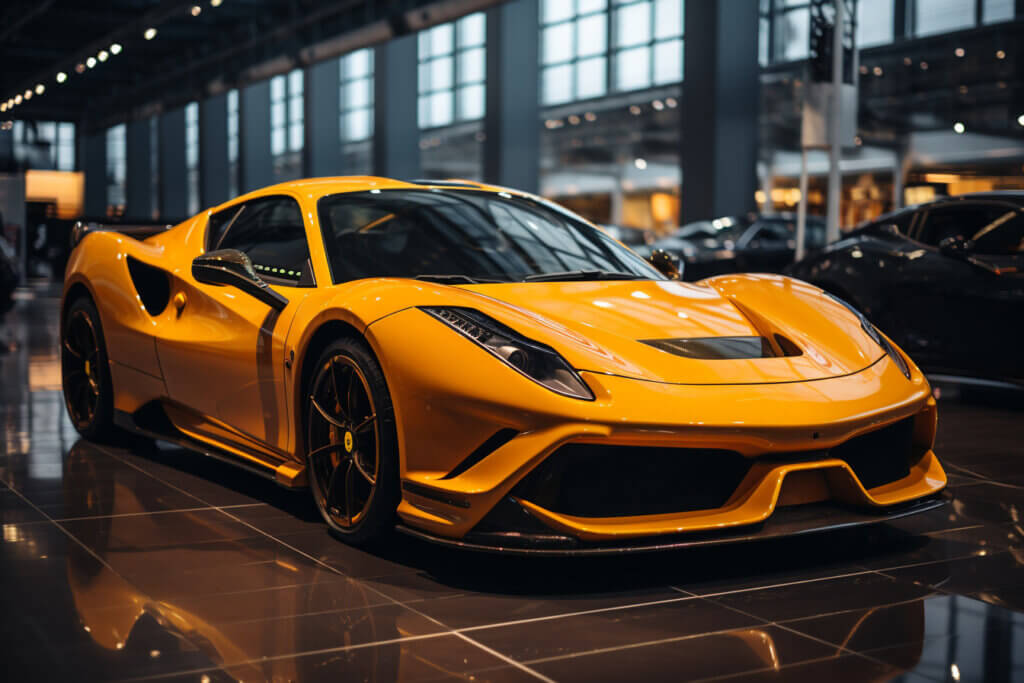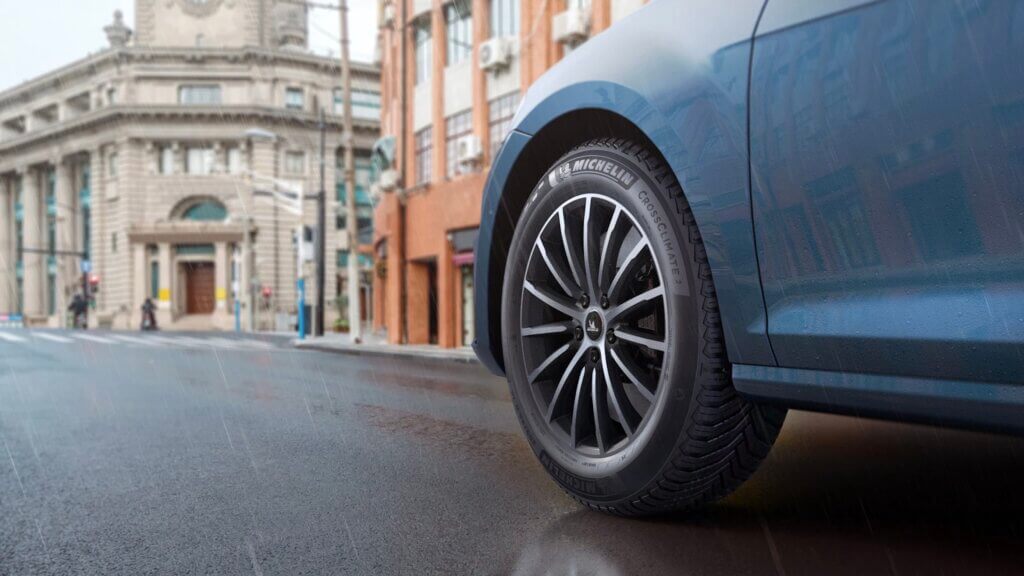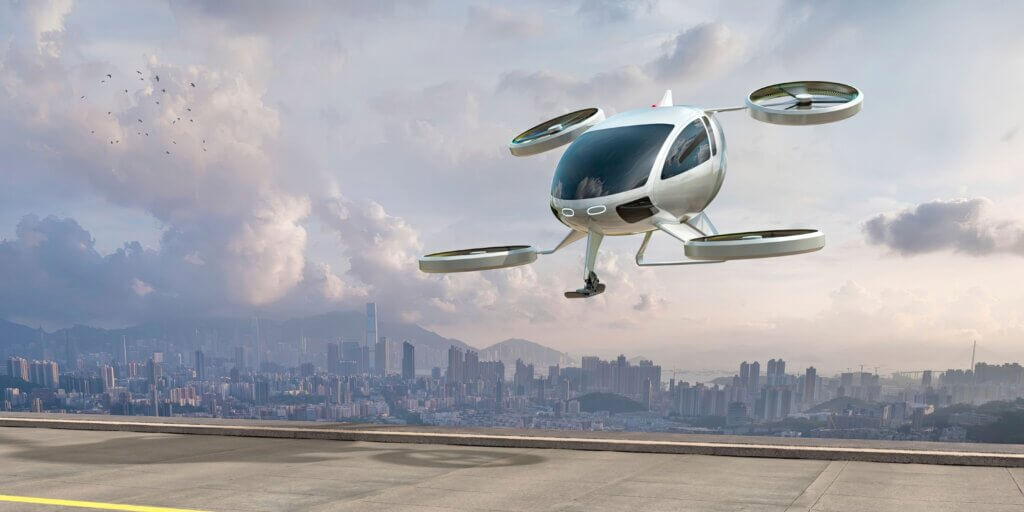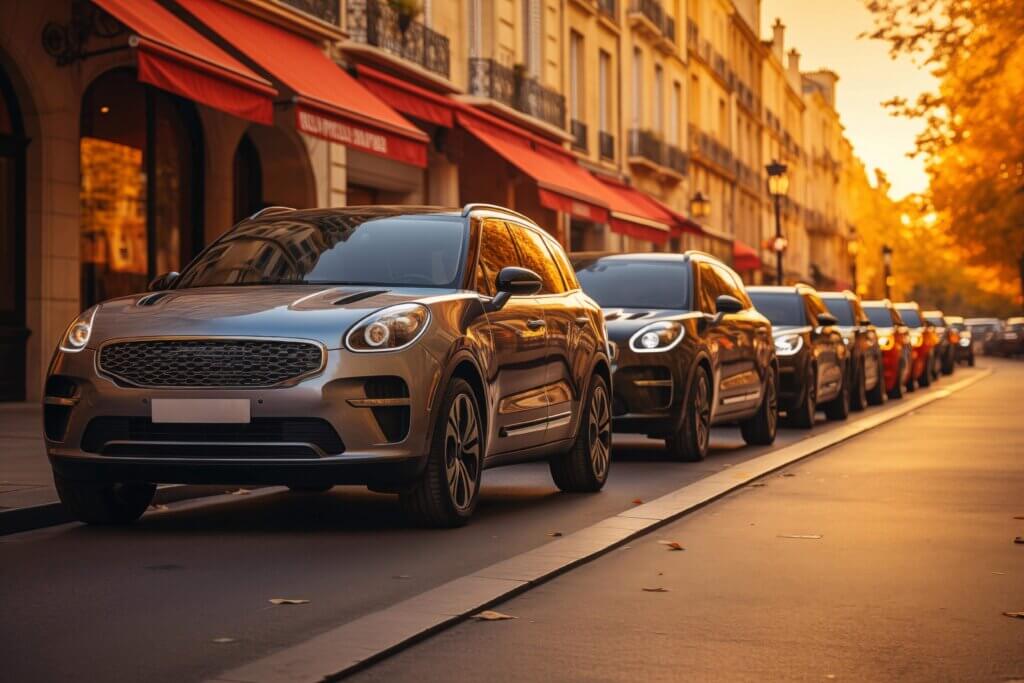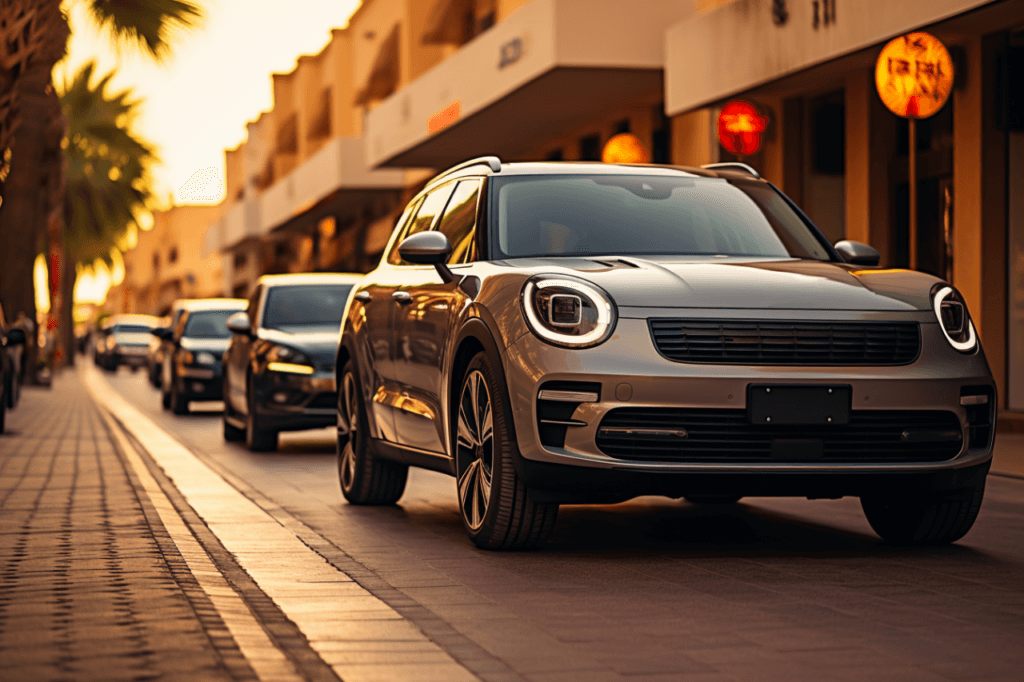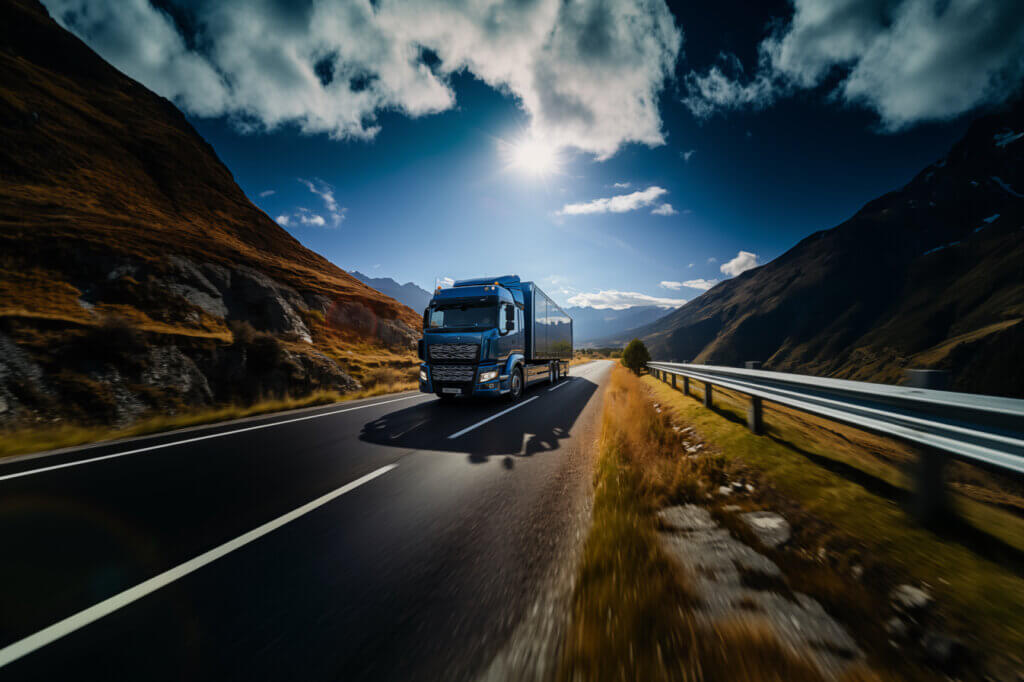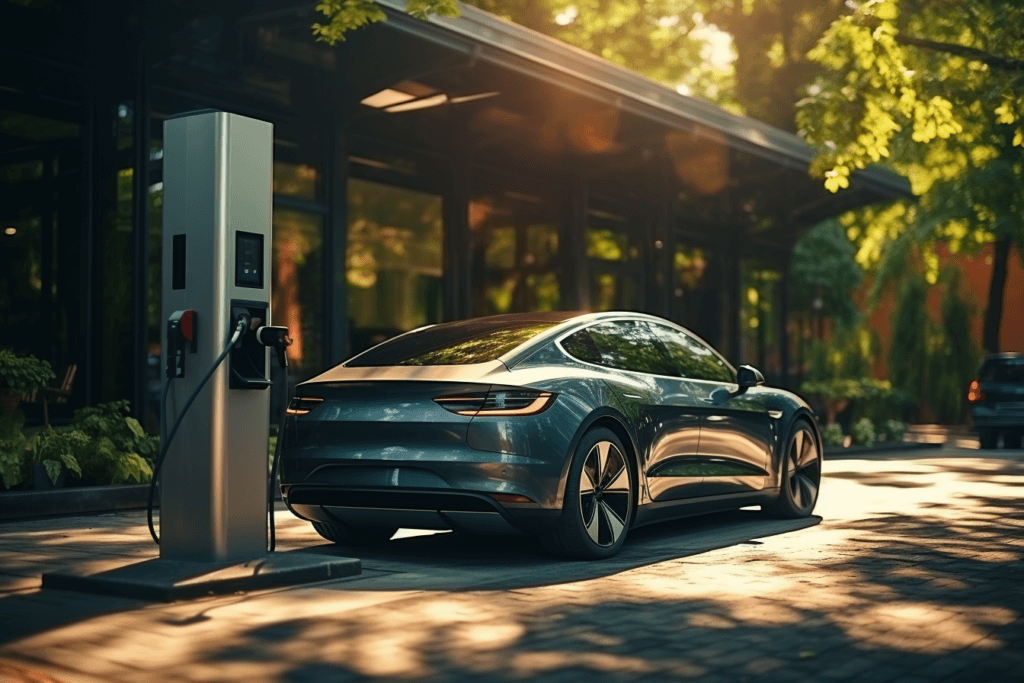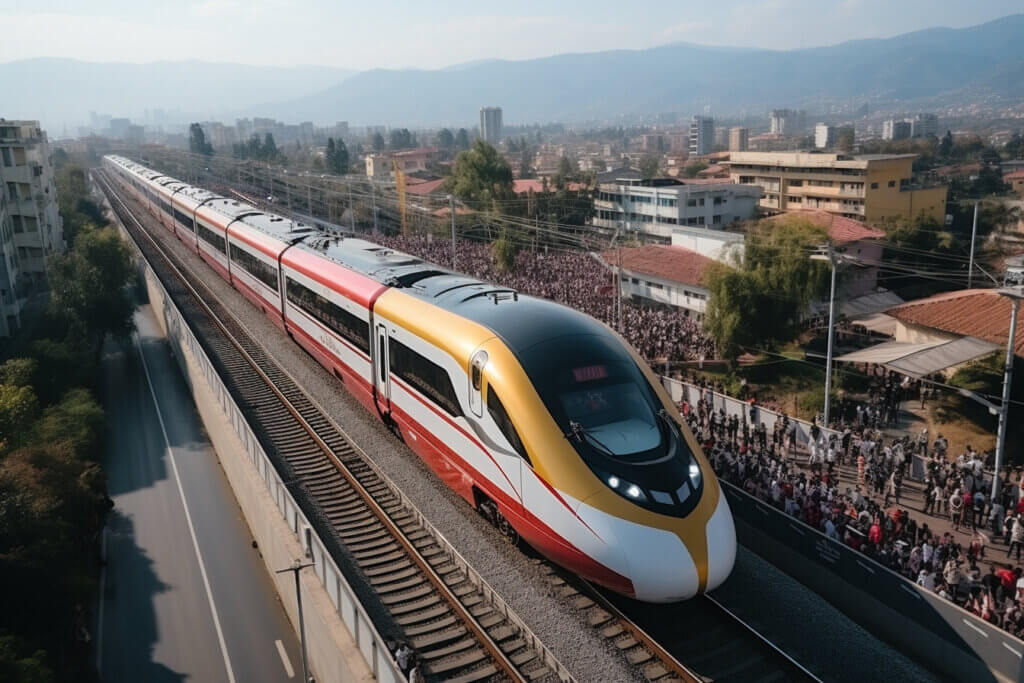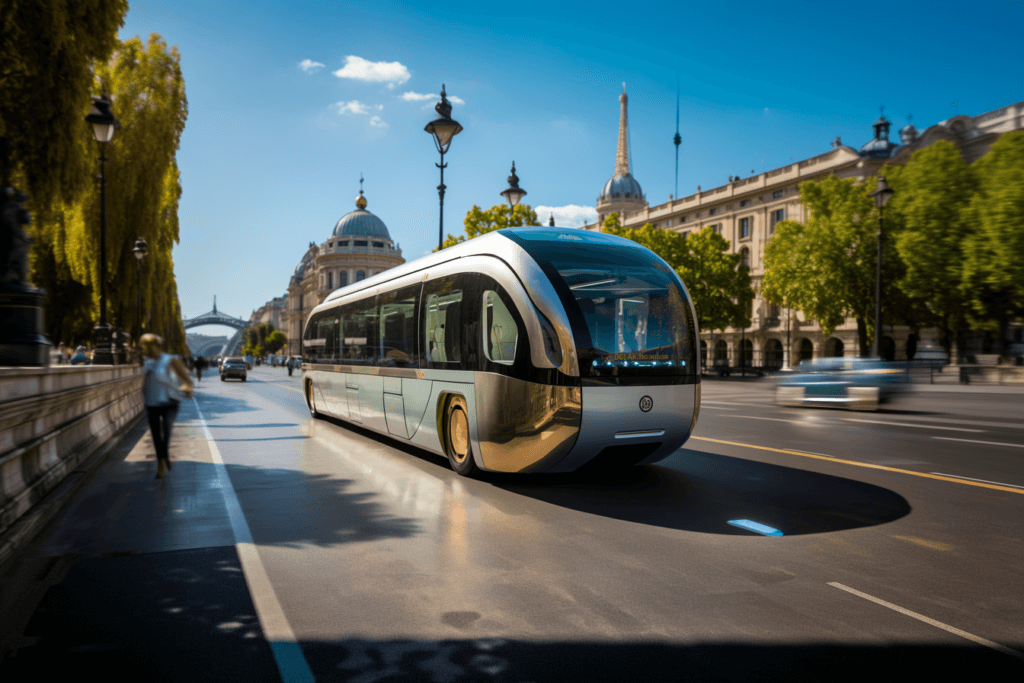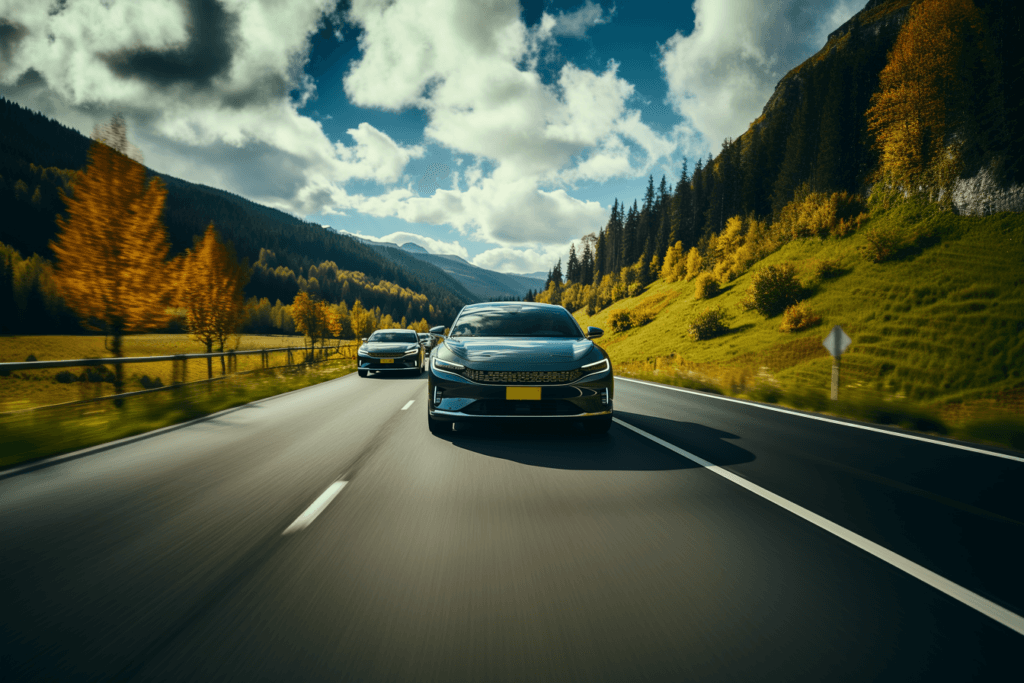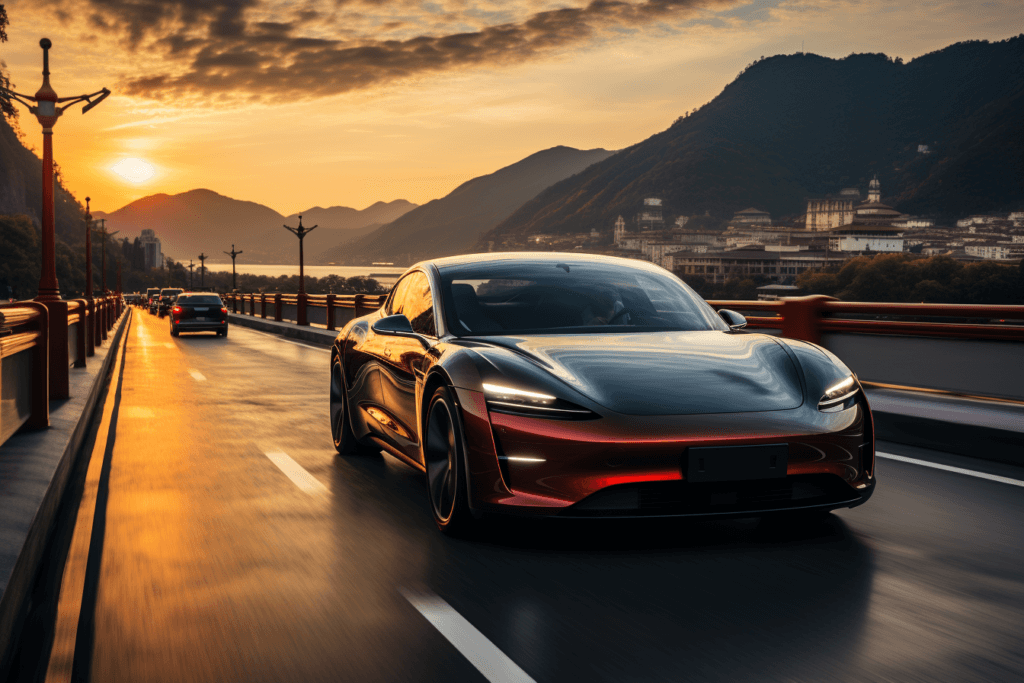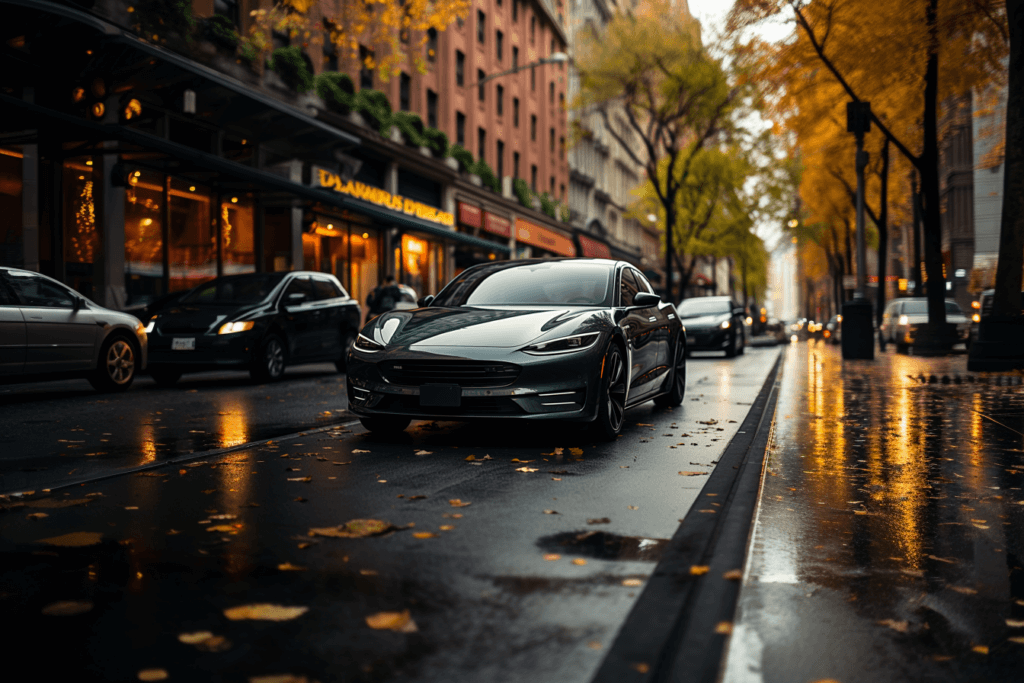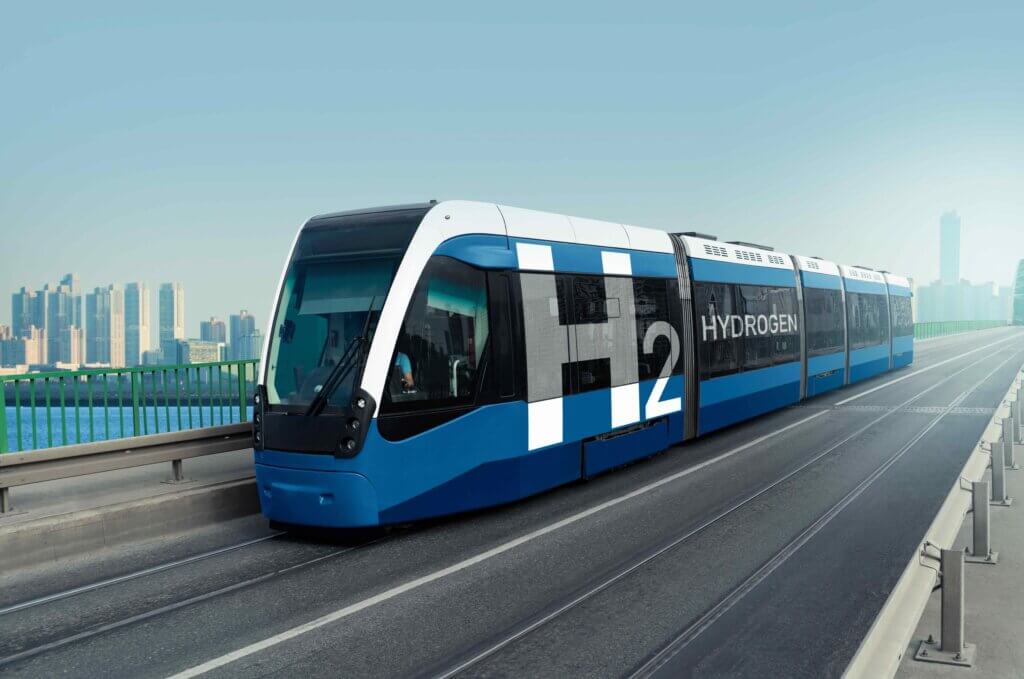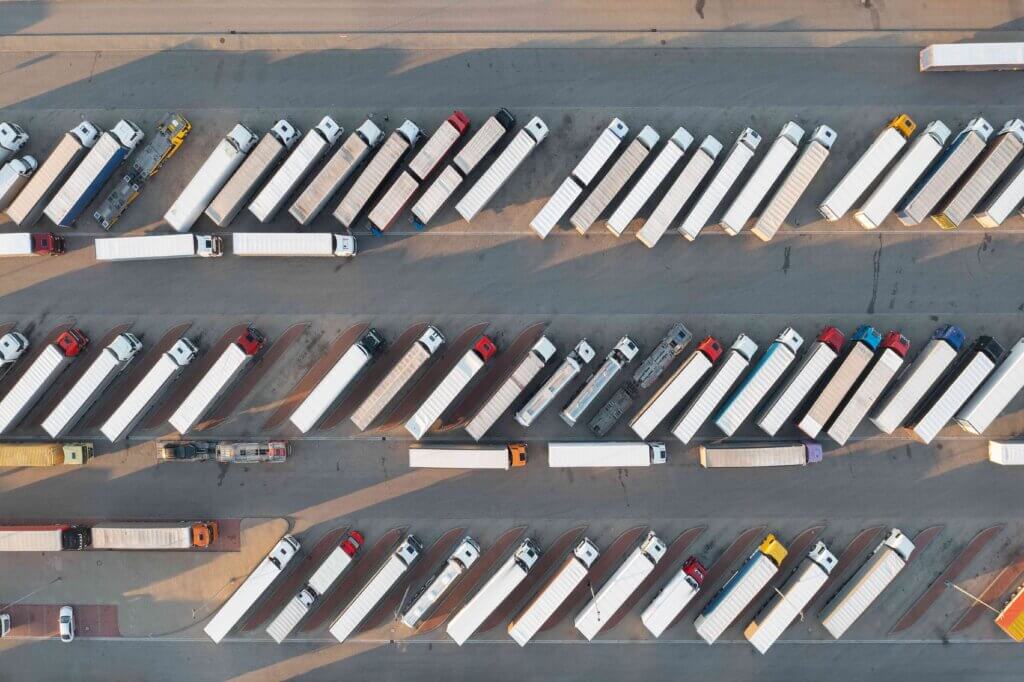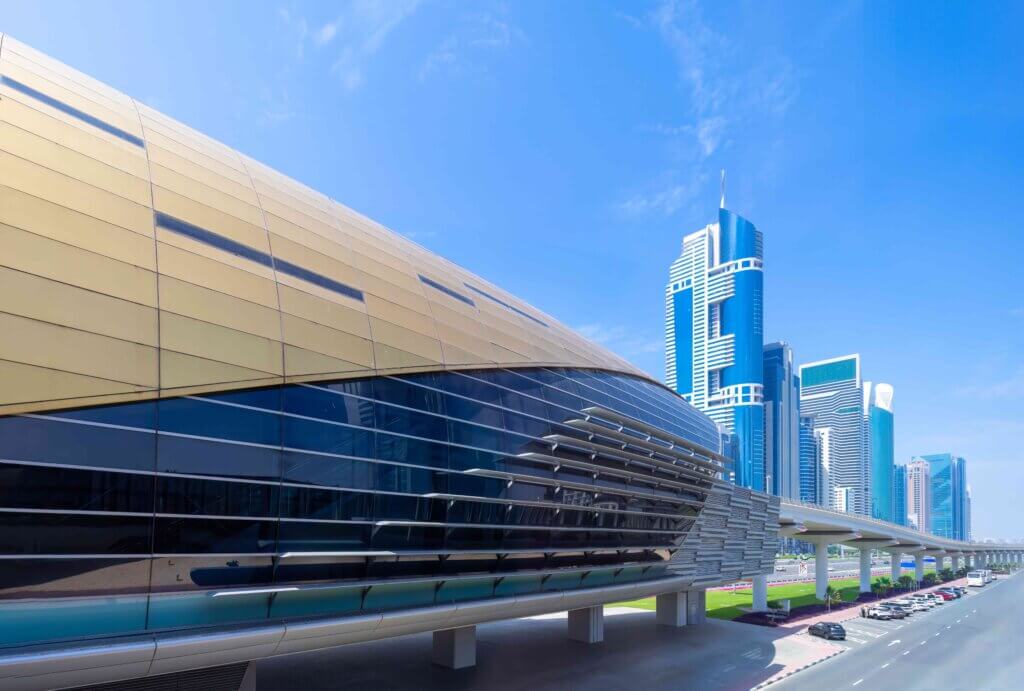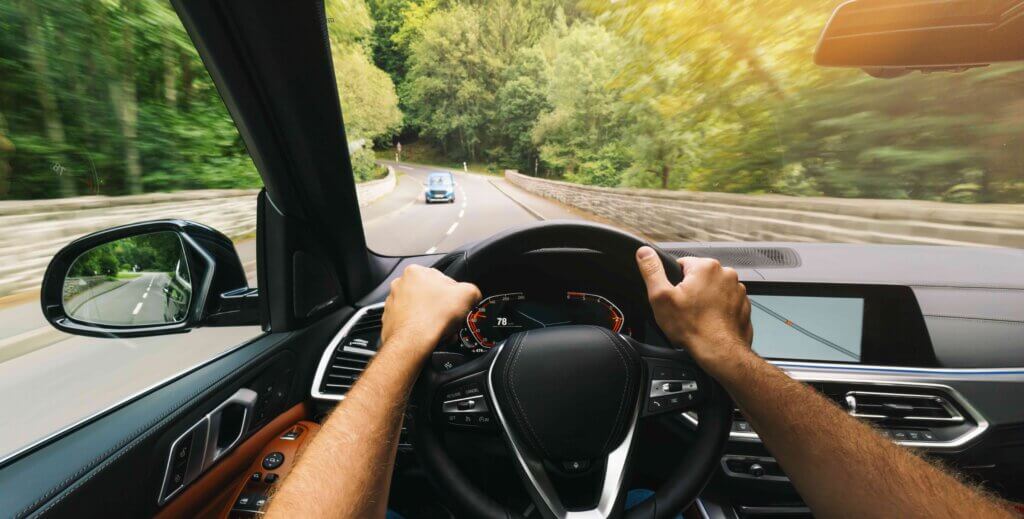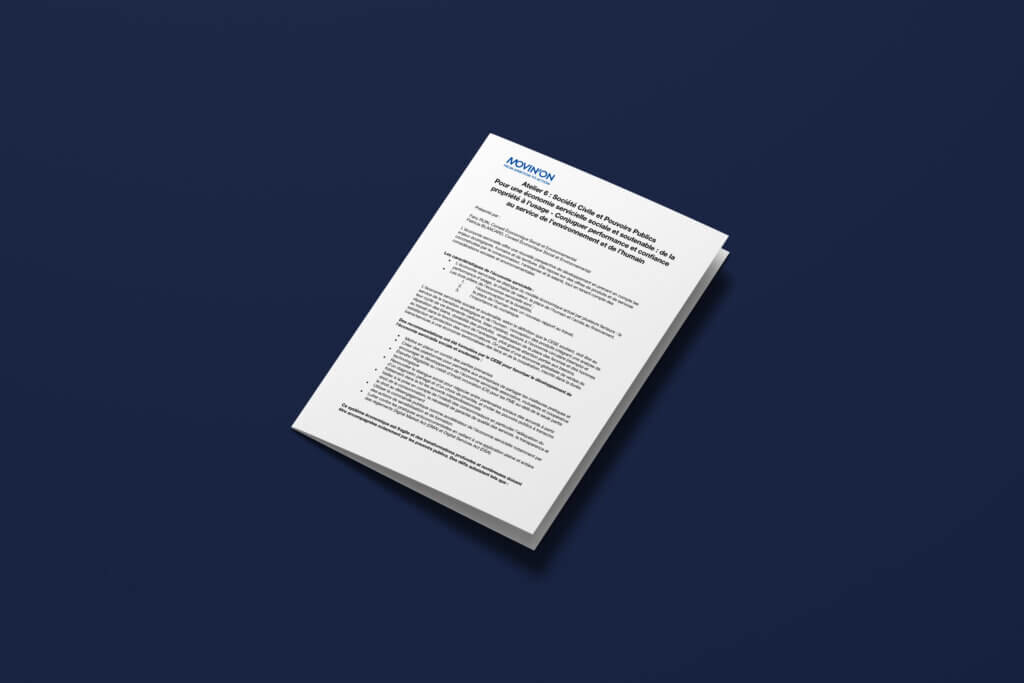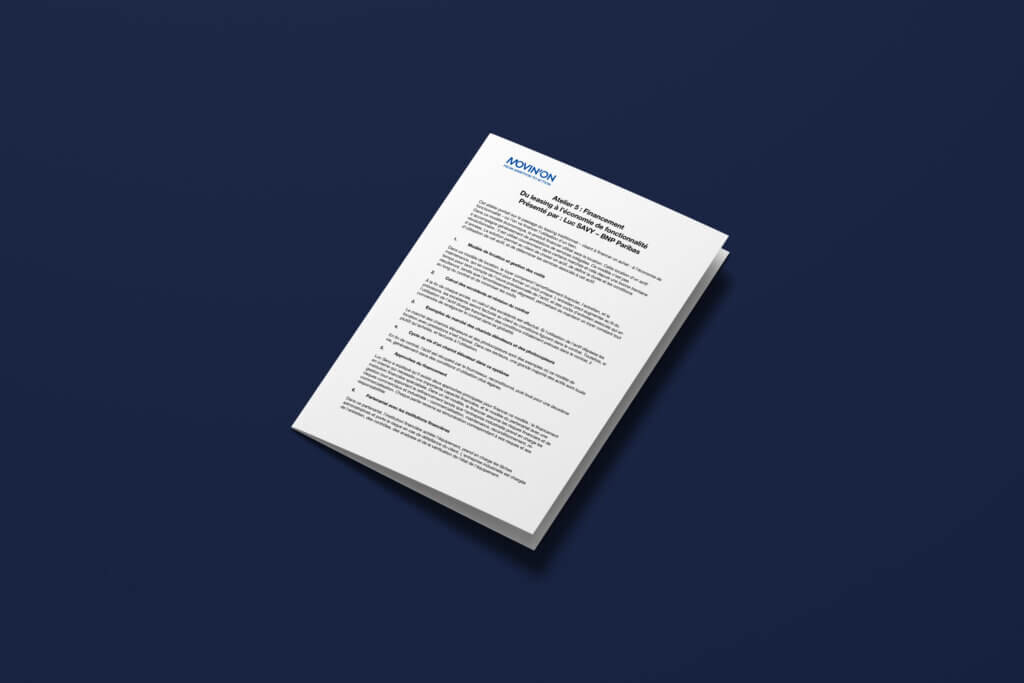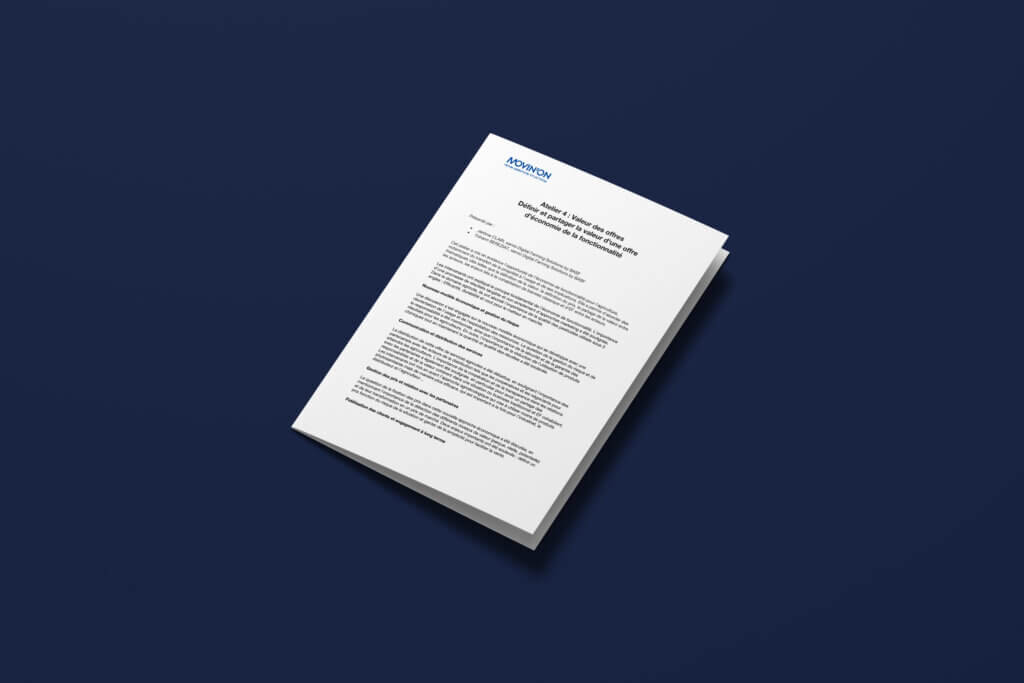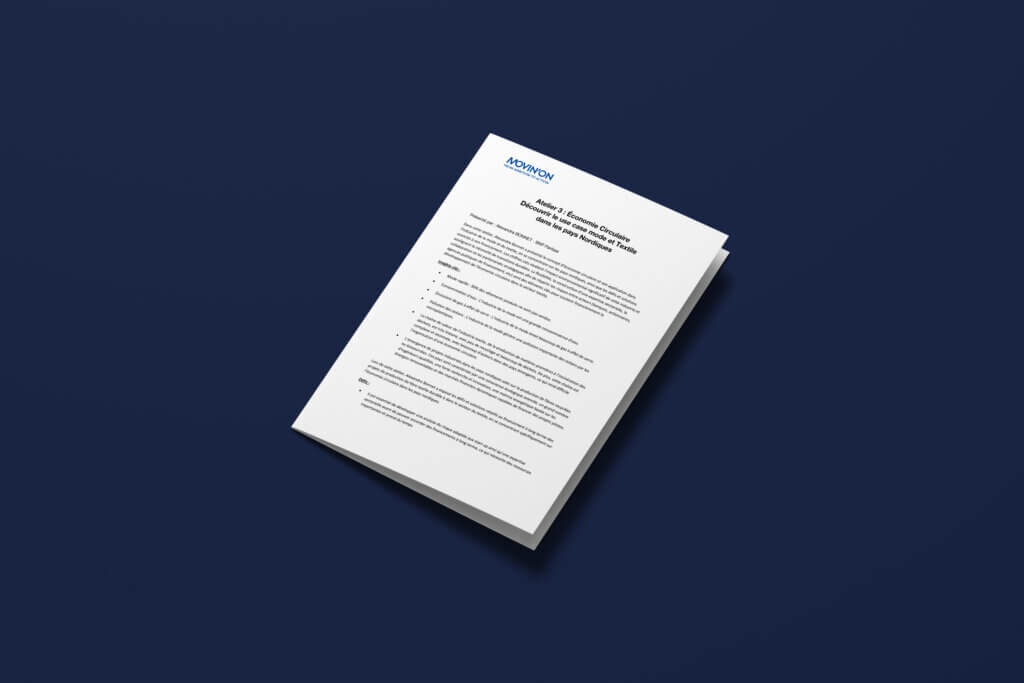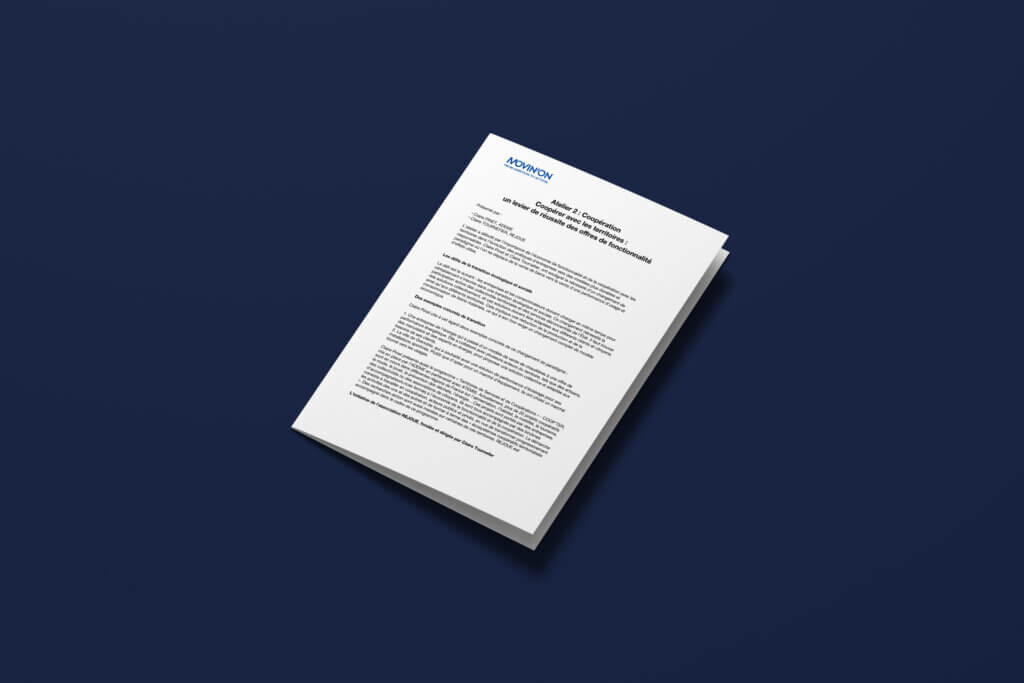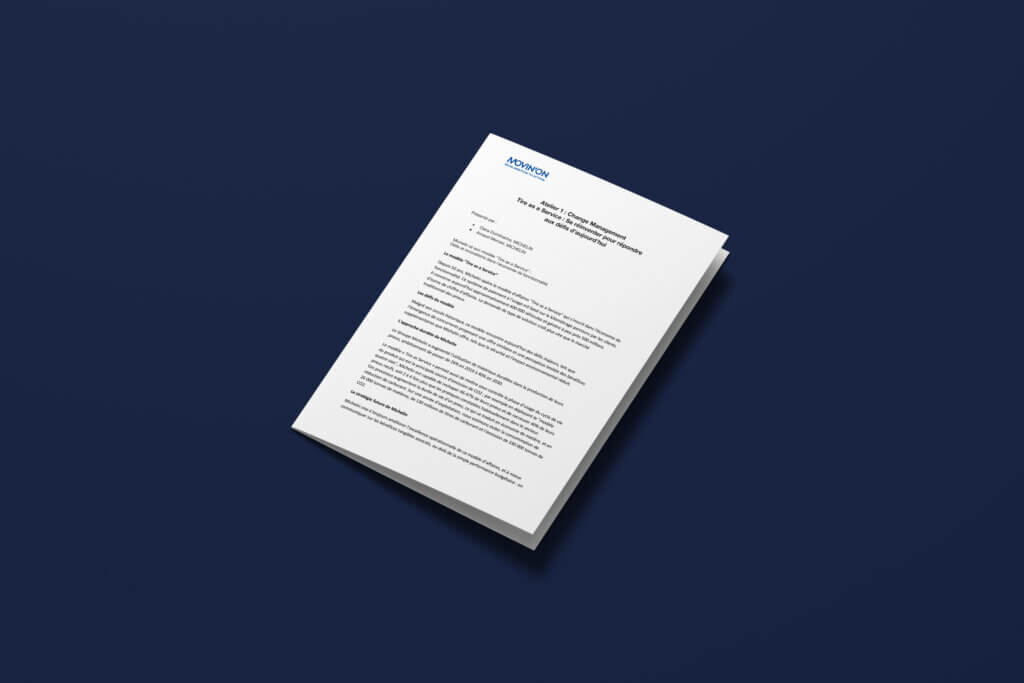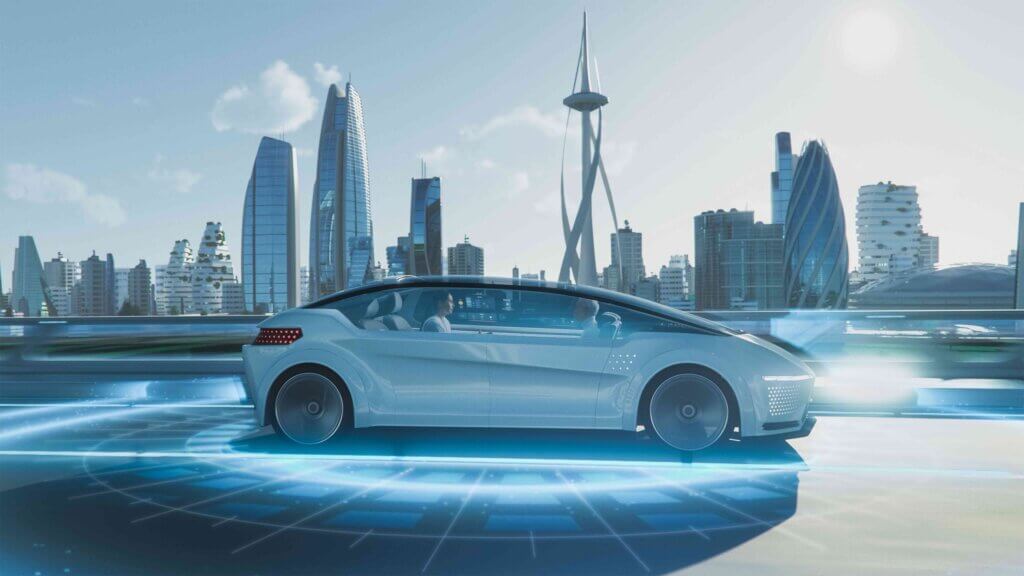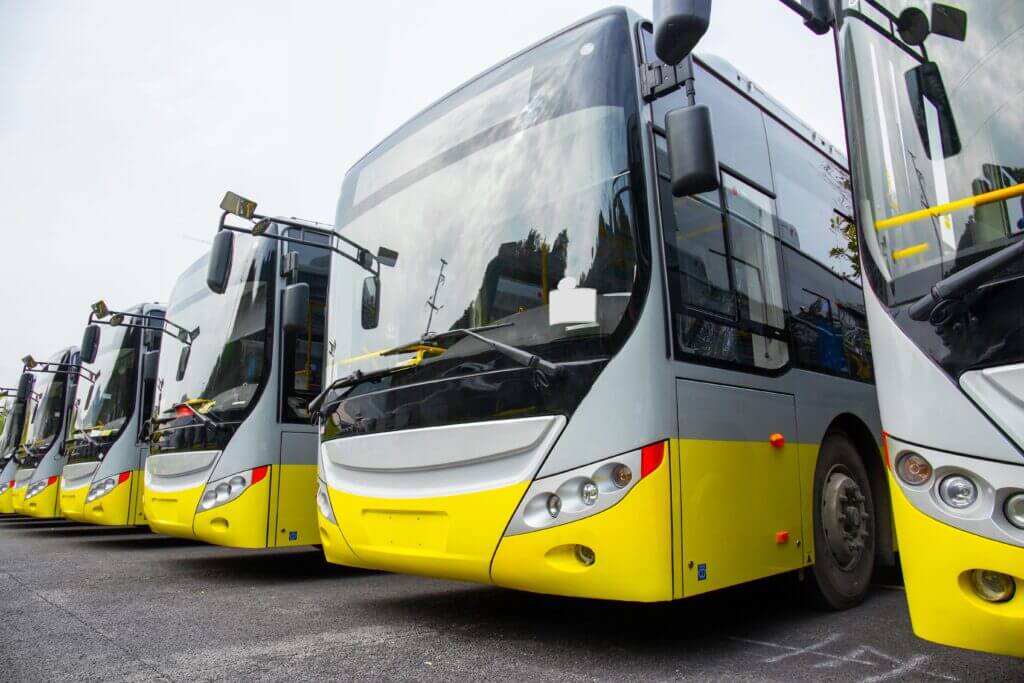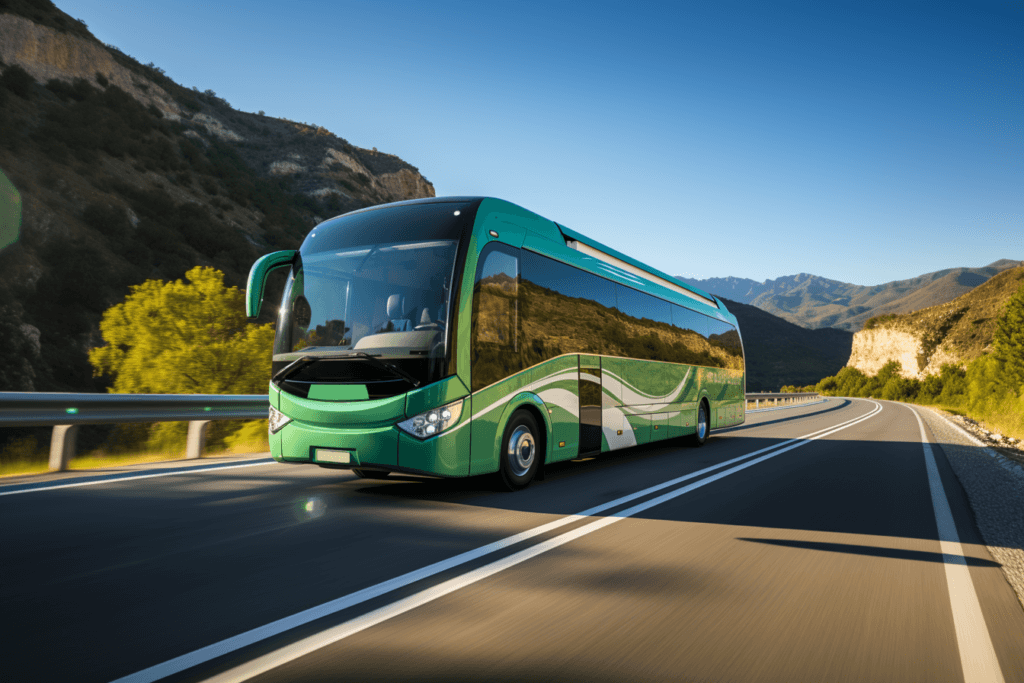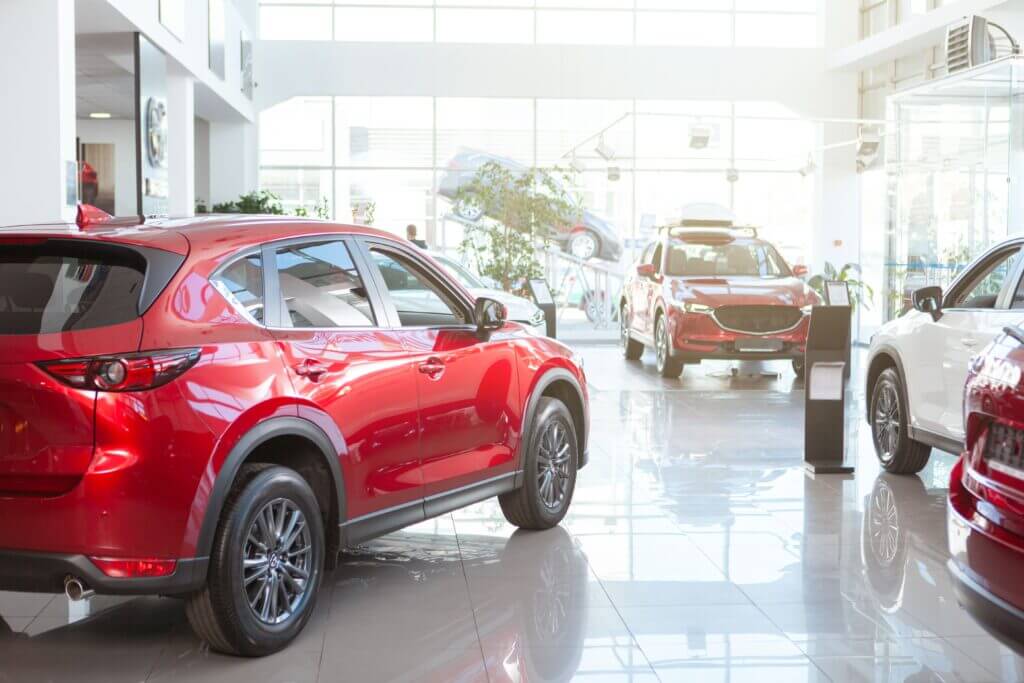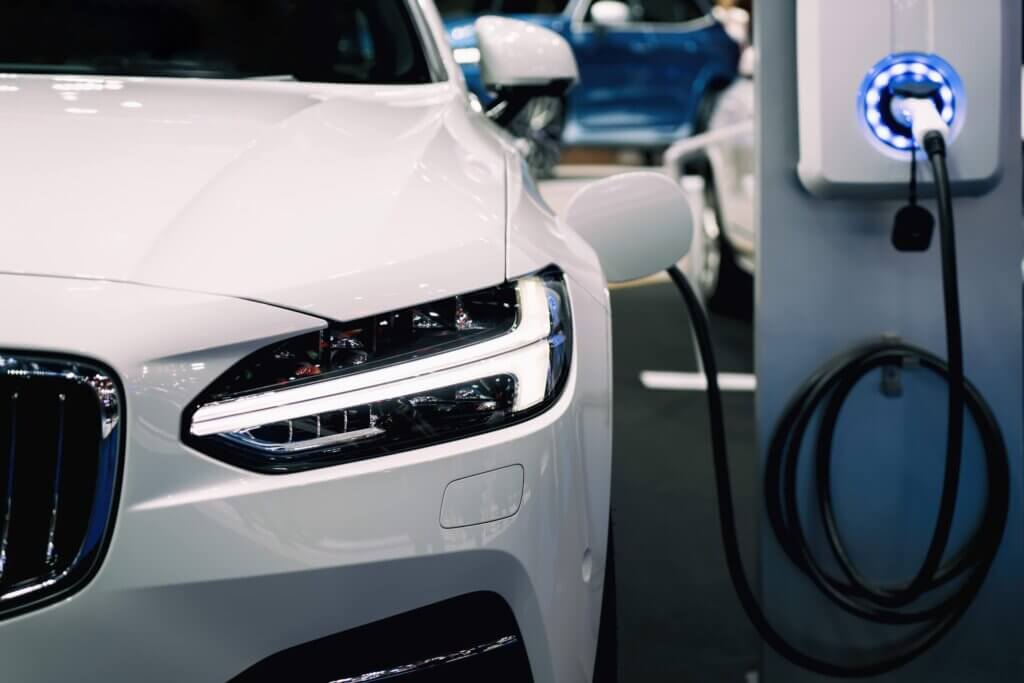L'actualité de la
mobilité durable
Découvrez les dernières tendances, des analyses
thématiques et nos prochains rendez-vous.
Filtrer les actualités
Canada's goal is to achieve net-zero emissions by 2050 and become a global leader in zero-emission vehicles.
U.S. automakers are breathing a small sigh of relief. But Trump could still impose tariffs, raising prices for U.S. electric vehicle buyers.
Decarbonization and sustainability are not priorities for President Donald J. Trump, who took the oath of office.
On January 5, 2025, New York City's Metropolitan Transportation Authority activated the first congestion pricing program in the United States.
Le secteur des transports représente aujourd’hui encore ¼ des émissions de CO2 dans le monde. Difficile, par conséquent, d’imaginer sa décarbonation sans aborder la question
Movin'On propose 6 solutions pour accélérer la décarbonation du transport en Europe
US backs $10 billion Lobito Corridor linking Angola, DRC, Zambia, boosting trade, clean energy, and minerals for EVs.
Azerbaijan’s EV market flourishes with government incentives and new partnerships, paving the way for a greener future and sustainability.
PG&E and Itron simplify EV charging, cutting costs and boosting adoption with an affordable pilot program.
COP29 highlights the demand for critical minerals in renewables, focusing on sustainable extraction, equity, and justice in the energy transition to combat the climate crisis.
How Biden-Harris funding drives zero-emission upgrades at U.S. ports, reducing pollution and advancing sustainability.
Flávio Figueiredo Assis is launching the Lecar 459 Hybrid in 2026, Brazil’s first home-grown electric vehicle.
Tires keep trucks safe on highways, enduring extreme conditions. Government ensures trained drivers transport vital goods like food, medicines, and nuclear waste.
Explore how the pedestrian death crisis has led to the implementation of new safety rules in the U.S. to protect pedestrians and reduce accidents.
Sometime in the second half of 2028, travelers on their way to India's financial capital, Mumbai, will board the country's first bullet train in Ahmedabad,
The 5.1 million residents of Sydney, Australia will soon be zooming around the city on a new section of Sydney Metro’s underground rail network. Electric
Transportation is the largest contributor to the United States’ greenhouse gas emissions, with more than 90 percent of the energy powering the sector supplied by
Cybersecurity has been a fast-developing area of research for electric vehicles and their charging systems, yet boosting cybersecurity in the EV sector has acquired a
Dr. Jennifer Guelfo, an associate professor of environmental engineering at Texas Tech University, leads a research team exploring the emission of PFAS.
A Rivian-Volkswagen joint venture will develop electrical/electronic (E/E) architecture and advanced software technology for electric cars, trucks and SUVs.
For its trial flight, this pilotless electric vertical takeoff and landing aircraft carried Hajj pilgrims, an advance for aerial mobility.
The Biden Administration has selected six research projects that will make clean hydrogen more available and affordable.
India’s Prime Minister Narendra Modi, is scheduled to take the oath of office as Prime Minister for an unprecedented third term.
The U.S. now is designing small, modular nuclear facilities and planning to build more large nuclear plants.
In October 2023, California became the world's first government to regulate the chemical content of tires to protect salmon.
Honda Canada invests C$15 billion to creating Canada’s first electric vehicle supply chain with EV assembly plants and battery factories.
On April 24, 2024 it became official United States policy to achieve zero-emissions freight transport nationwide.
New Zealand is a small country but has a mighty goal - complete decarbonisation of the public bus fleet by the year 2035.
Au vu du vieillissement de la population qui s’accélère, l'APUR en analyse les conséquences sur les mobilités.
The Government of India has approved a new electric vehicle import policy that will open the gate for global brands like Tesla and BYD.
L’état des routes en France se dégrade dangereusement : 30 % des accidents mortels sont liés à des chaussées détériorées.
Tuesday, March 26, 2024 : a loaded cargo ship lost power and struck the Francis Scott Key Bridge in the Port of Baltimore.
Le Parlement européen a adopté la directive de la Commission européenne qui autorise à la circulation des méga-camions.
À Paris comme à Lyon, le projet de Zone à trafic limité anticipe des baisses significatives de la pollution et du bruit.
The U.S. Environmental Protection Agency this week announced new final national pollution standards for passenger cars, light-duty trucks,...
President Joe Biden is serious about building new National Electric Vehicle Freight Corridors across the United States.
Stockholm va exclure complètement les voitures à essence et diesel de son centre-ville. La capitale suédoise a décidé qu’elle serait la première à passer ce
The Adecco Group rejoint Movin'On en tant que membre du Corporate Advisory Board, aux côtés d’une trentaine d’acteurs majeurs.
A subsidiary of Alphabet Inc, Google's parent company, Waymo can now charge passengers for trips in its robotaxis.
Pour la première fois depuis 1926, le nombre de tués sur les routes françaises est descendu sous la barre des 3 200.
Cixi développe un original véhicule électrique à trois roues et à pédales en mesure de rouler jusqu’à 120 kilomètres/heure.
At a time when lithium-ion batteries are bursting into flames, the promise of zero-emissions hydrogen fuel cell EVs appears tantalizing.
La Chine vient de présenter un prototype de train à sustentation magnétique, qui capable d'atteindre une vitesse record de plus de 620 km/h.
Airbus étudie la faisabilité de la mise en place d'infrastructures d'approvisionnement en hydrogène dans les aéroports suédois et norvégien
"Environmentally conscious and economically viable mobility is the future" Narendra Modi told the Society of Indian Automobile Manufacturers.
Michelin, IFPEN et Axens ont inauguré le 19 janvier le premier démonstrateur industriel de production de butadiène biosourcé en France.
At a time when lithium-ion batteries are bursting into flames, the promise of zero-emissions hydrogen fuel cell EVs appears tantalizing.
Plusieurs États membres de l’UE réclament “un objectif climatique ambitieux” pour réduire les émissions de gaz à effet de serre d’ici 2040.
Arval, s’est associé à Betterway, l’entreprise pionnière dans l’offre de compte mobilités en entreprise, pour lancer l’Arval Mobility Pass.
Lors du CES 2024, le groupe allemand a annoncé l’intégration de ChatGPT dans ses modèles récents utilisant l’assistant vocal IDA.
Within the Forum, a new organization is forming - the First Movers Coalition - which includes three of the world's largest automakers.
En choisissant le « Système Individuel » le groupe Renault assurera ses obligations de collecte, de traitement et de recyclage.
Opening 2024 with a bouquet of intriguing consumer electronics, so many events, keynote talks, and demonstrations were offered at CES 2024.
Last month, New York City hosted the world’s first public urban event starring electric flying cars vertical takeoff and landing.
Solutrans confirme son rayonnement au centre d’une filière directement concernée par les enjeux de la transition énergétique.
Last month, New York City hosted the world’s first public urban event starring electric flying cars vertical takeoff and landing.
Solutrans confirme son rayonnement au centre d’une filière directement concernée par les enjeux de la transition énergétique.
COP28, the 2023 UN climate summit opens in Dubai, UAE, promoting sustainability through electric cars and other eco-friendly vehicles.
La Ville de Paris va organiser en 2024 une votation pour décider d'appliquer un tarif de stationnement plus pénalisant pour les SUV lourds.
Shared mobility services enjoy worldwide acceptance, and the market for their functional economy of use, not ownership, is growing fast.
Organisée par les Émirats, la COP28, 28e Conférence sur le climat se tient à Dubaï du 30 novembre au 12 décembre 2023.
Saudi Arabia, the world's second-largest oil producer, is developing its first electric vehicles.
Depuis son lancement en octobre 2022, Turtle, le nouvel acteur du vélo à la demande avec chauffeur connaît un succès croissant à Paris.
Hyliko et Safra ont passé un protocole d’accord pour le rétrofit hydrogène de poids lourds en série, dans un but de décarbonisation.
In the Israeli beach town of Beit Yanai, is the headquarters of a pioneer developer of wireless in-road charging systems.
Face aux défis de la livraison, Incitis développe un véhicule innovant permettant de réduire drastiquement le temps et le coût des opérations
The U.S. National Renewable Energy Laboratory has quantified the number, type, and location of the electric vehicle chargers needed across the United States to ensure
Afin d’inverser la bétonisation des sols, le Gouvernement s’est fixé un objectif de « zéro artificialisation nette » en 2050.
Chinese electric high-speed bullet trains designed especially for the Hangzhou Asian Games currently in progress are carrying passengers.
Depuis septembre dernier, le bus autonome 100% électrique de la ligne 393 est entré dans une nouvelle phase d'expérimentation.
At the G20 Summit, President Biden and PM Modi co-hosted a group of leaders to invest in transport infrastructure.
Lors du récent salon IAA Mobility Munich 2023, ZF a dévoilé un moteur unique en son genre, conçu pour les voitures électriques.
Lors du récent salon IAA Mobility Munich 2023, ZF a dévoilé un moteur unique en son genre, conçu pour les voitures électriques.
At the G20 Summit, President Biden and PM Modi co-hosted a group of leaders to invest in transport infrastructure.
Streetco est la première application GPS piétonne gratuite et collaborative destinée, aux déplacements des personnes à mobilité réduite.
Jointly developing "a robust electric vehicle ecosystem" is a primary goal of the Association of Southeast Asian Nations (ASEAN).
Chinese drivers have quickly accepted battery-powered vehicles as the country strives to reduce carbon emissions to fight climate change.
Michelin, la Banque des territoires et la Sem Oryon s’unissent pour porter la reconversion totale du site industriel de La Roche-sur-Yon.
Chinese drivers have quickly accepted battery-powered vehicles as the country strives to reduce carbon emissions to fight climate change.
New York City's entire rideshare fleet must be either zero-emissions or wheelchair accessible by 2030 for Green Rides.
In a first for the Americas, for Canada, and for the province of Quebec, a passenger train powered by a hydrogen fuel has been demonstrated.
Selon l’Observatoire du Véhicule Industriel, seule une étude sur toute la durée d’exploitation d’un matériel permet de faire les bons choix.
Fires caused by lithium-ion batteries have increased in New York City over the past several years, with deadly consequences. These rechargeable batteries are found in
Because of barriers to disabled, these people often have to make difficult decisions about where they live.
En combinant le transport public de masse, au moyen de navettes sans chauffeur, Belway propose un transport à la demande à coût optimisé.
Even more than driving under the influence of alcohol or drugs, three seconds asleep, is a leading cause of fatal car crashes.
Audi a lancé le projet MaterialLoop qui fournit des indications sur la manière dont une économie circulaire peut être mise en pratique.
L'économie servicielle offre une perspective de développement en prenant en compte les enjeux écologiques, humains et de territoire.
Comment s'opère le passage du leasing traditionnel – financer un achat - à l'économie de fonctionnalité – financer l’utilisation d’un bien ?
Cet atelier animé par BASF a mis en évidence l’opportunité de l’économie de fonctionnalité pour l’agriculture.
Dans cet atelier, BNP Paribas a présenté le concept d’économie de fonctionnalité et d'activité circulaire appliqués à l’industrie du textile.
L’atelier animé par l'ADEME a débuté par l’importance de l’économie de fonctionnalité et de la coopération avec les démarches territoriales.
Depuis 50 ans, Michelin opère le modèle d'affaires "Tire as a Service" qui s'inscrit dans l'économie de fonctionnalité.
La prise en compte du potentiel de durabilité des véhicules électriques modifie les stratégies de développement des constructeurs automobiles.
L’opérateur suédois de camions électriques, société de technologie de mobilité du fret, se développe au Royaume-Uni.
D’après le dernier baromètre de la start-up Fluctuo, le marché des mobilités partagées est orienté à la hausse.
Australian transportation experts and administrators have made more progress in the realm of electric buses.
Le salon automobile de Shanghai vient de témoigner de l'électrification rapide du plus grand marché automobile au monde.
Expected to create thousands of jobs, it is the largest economic development announcement in the state’s history.

